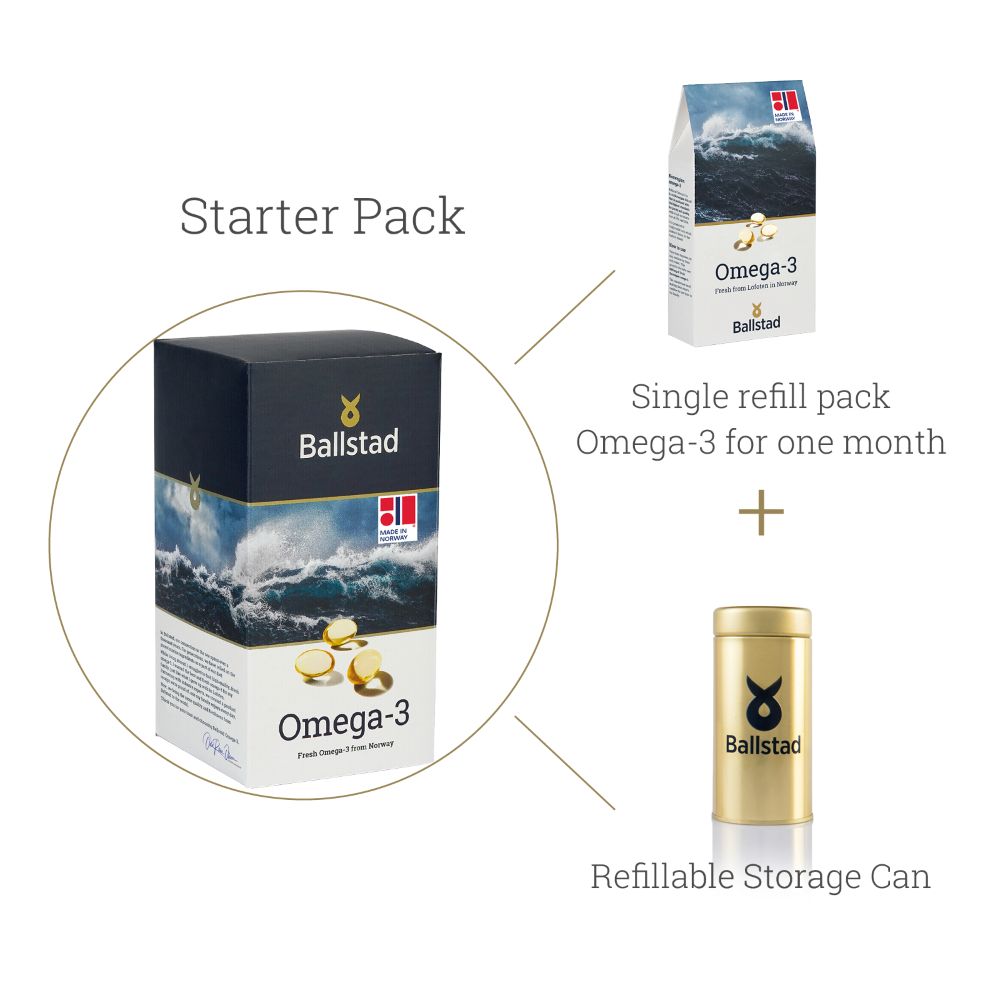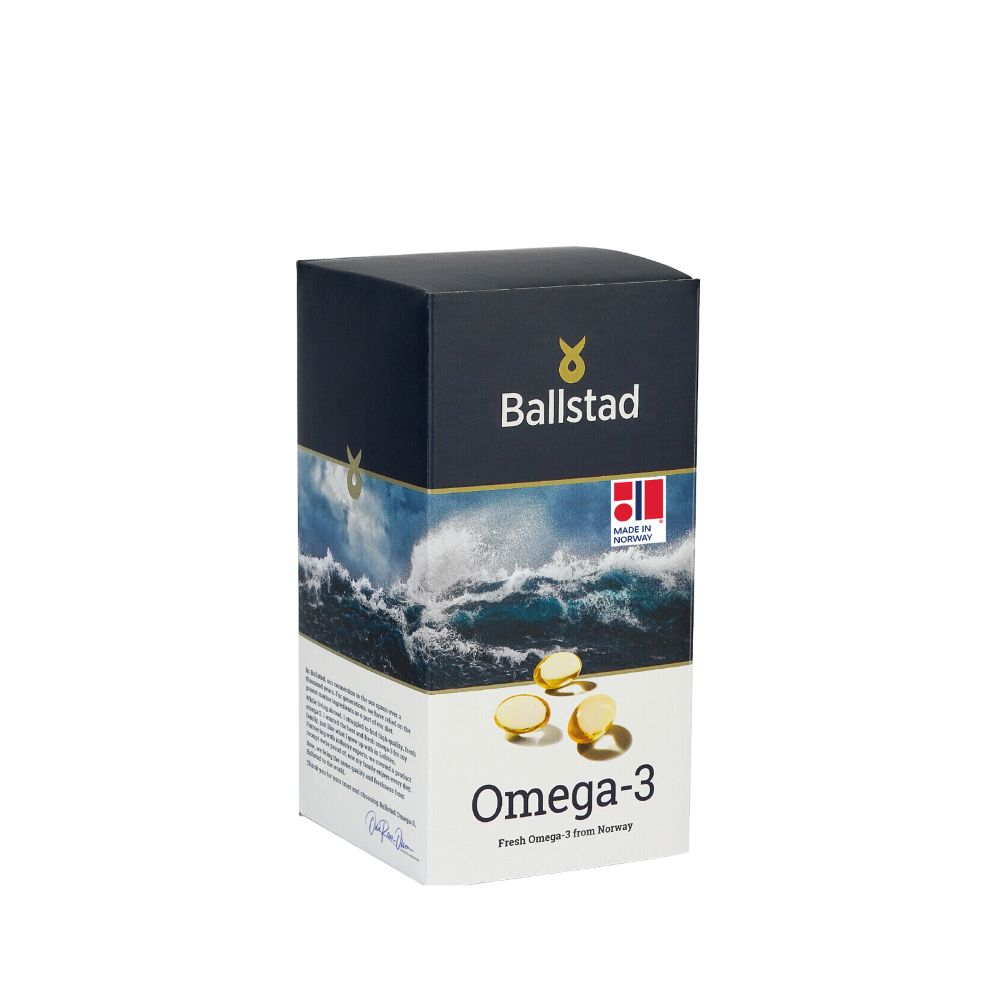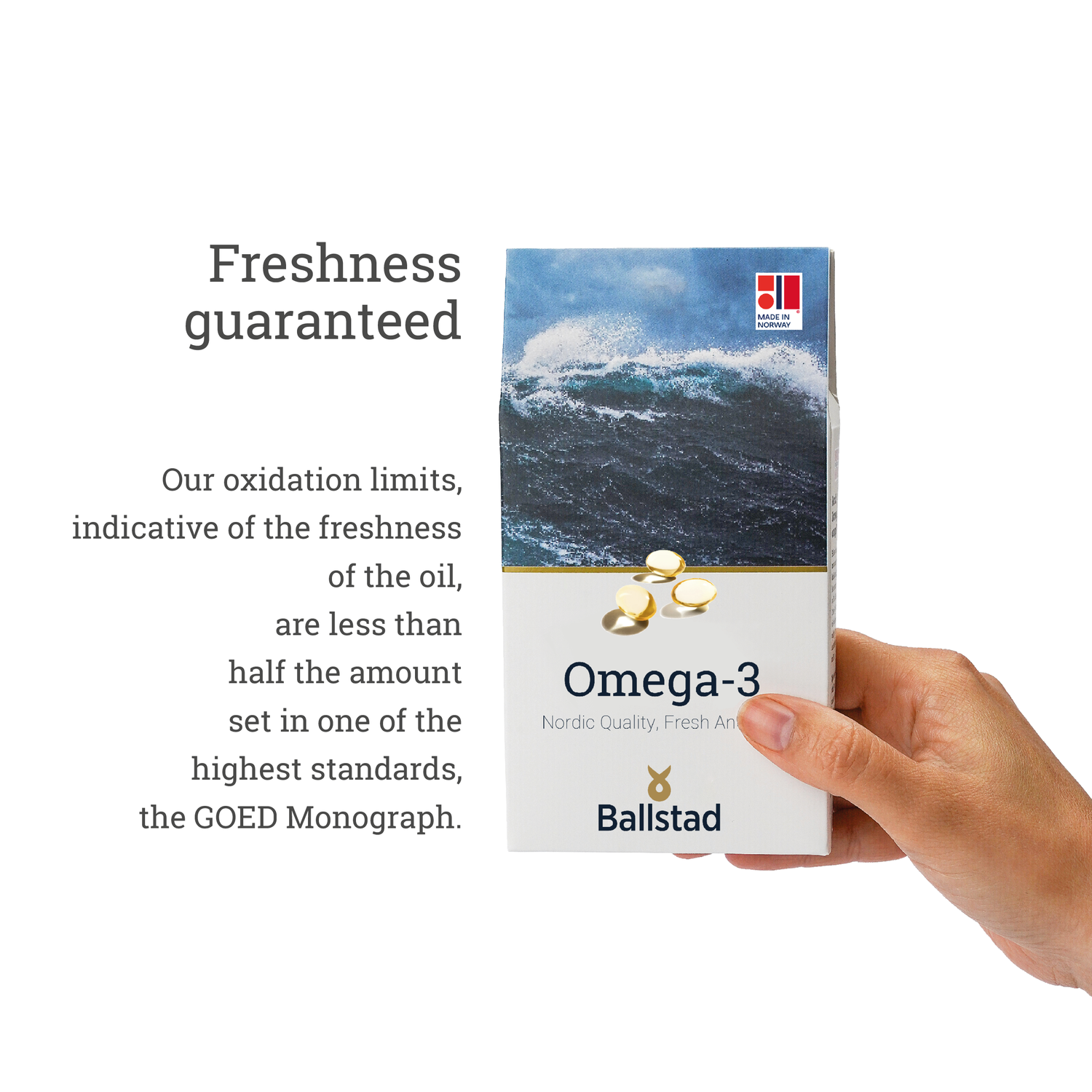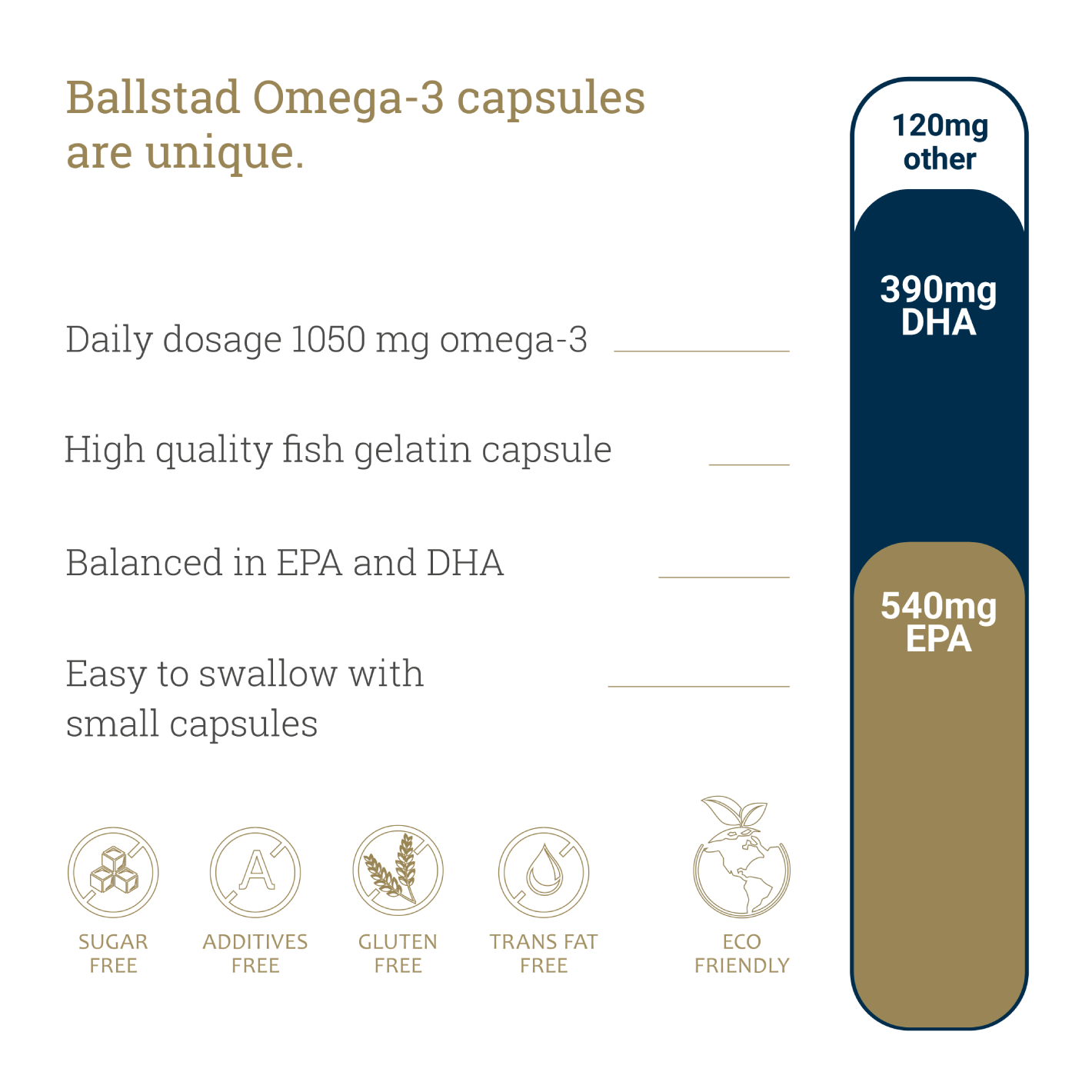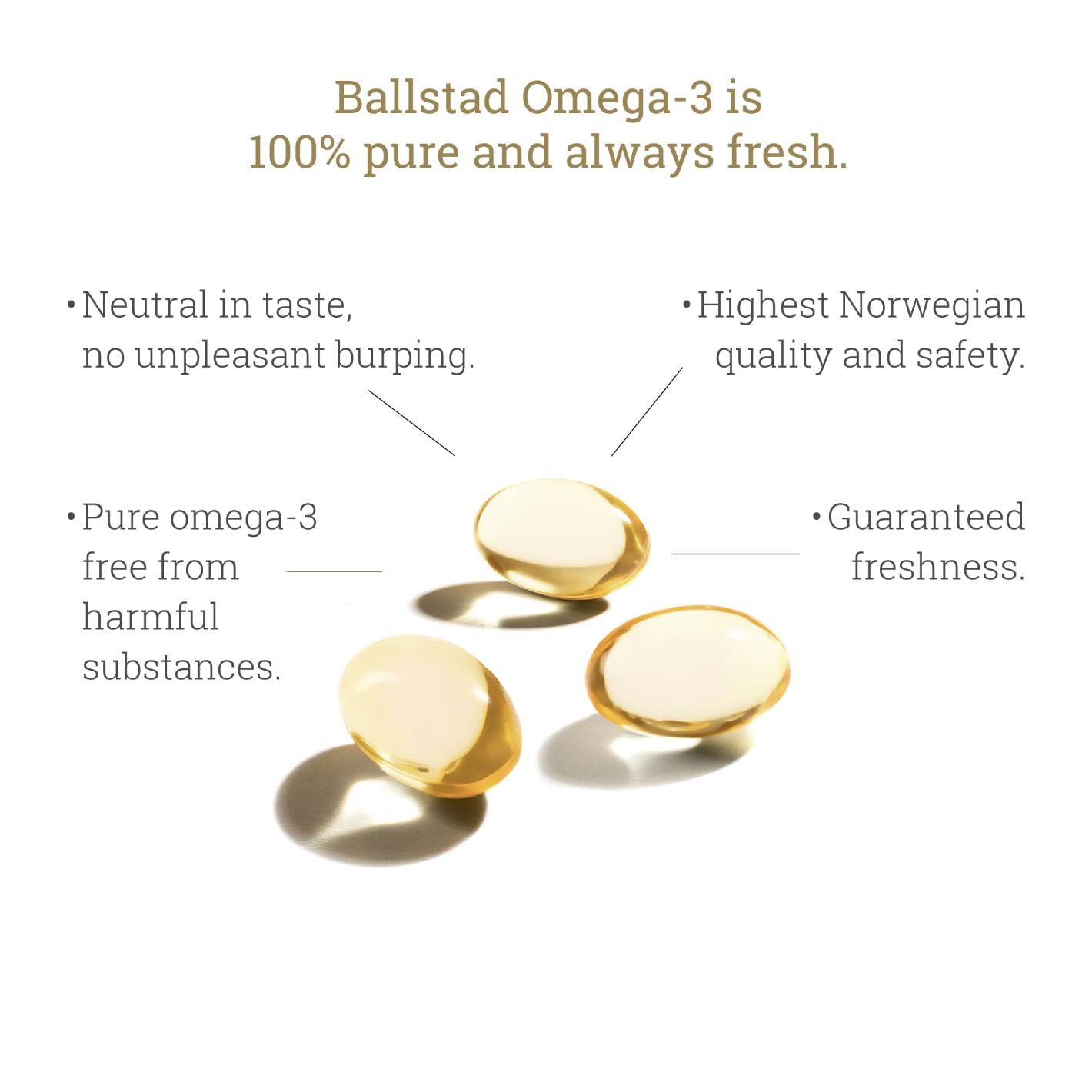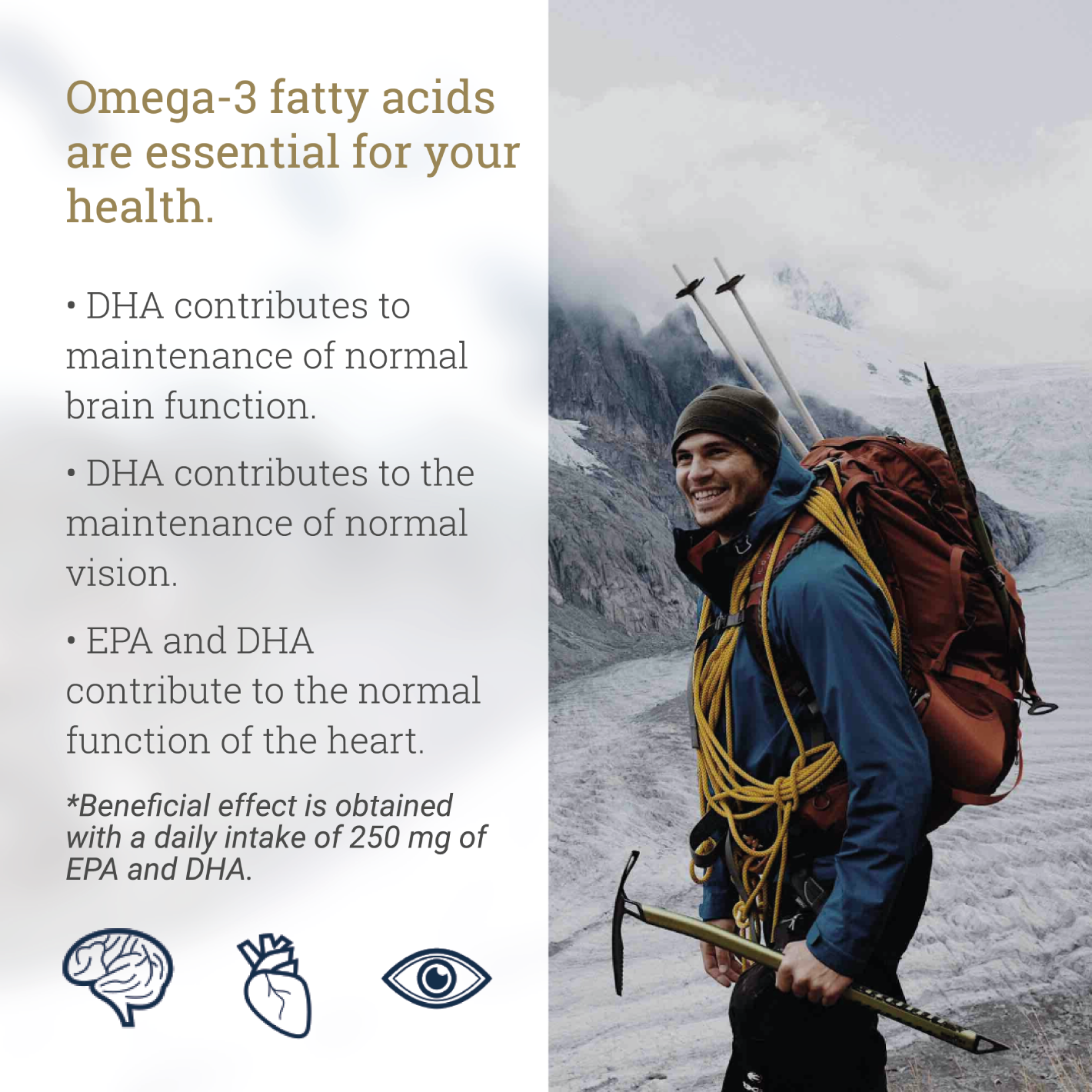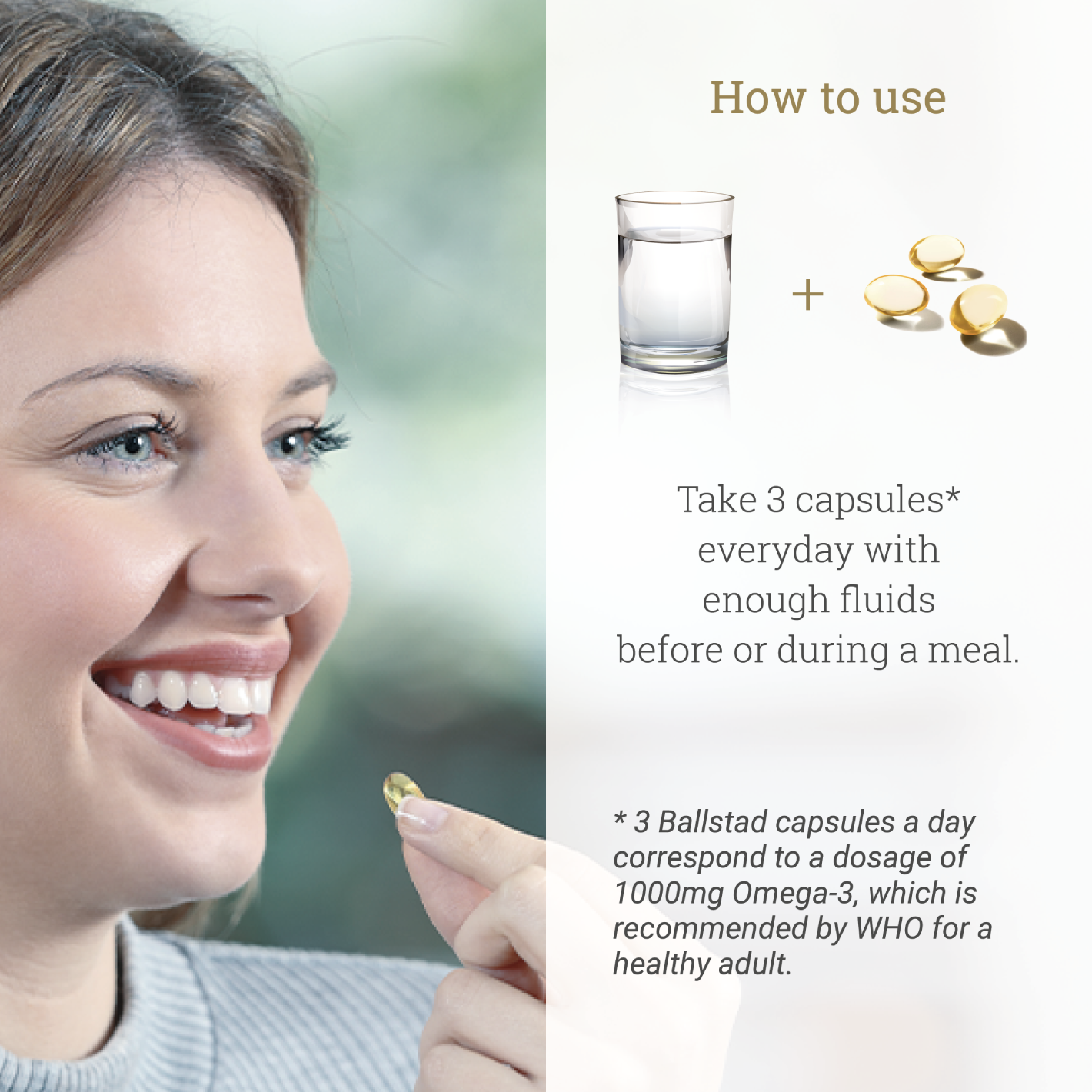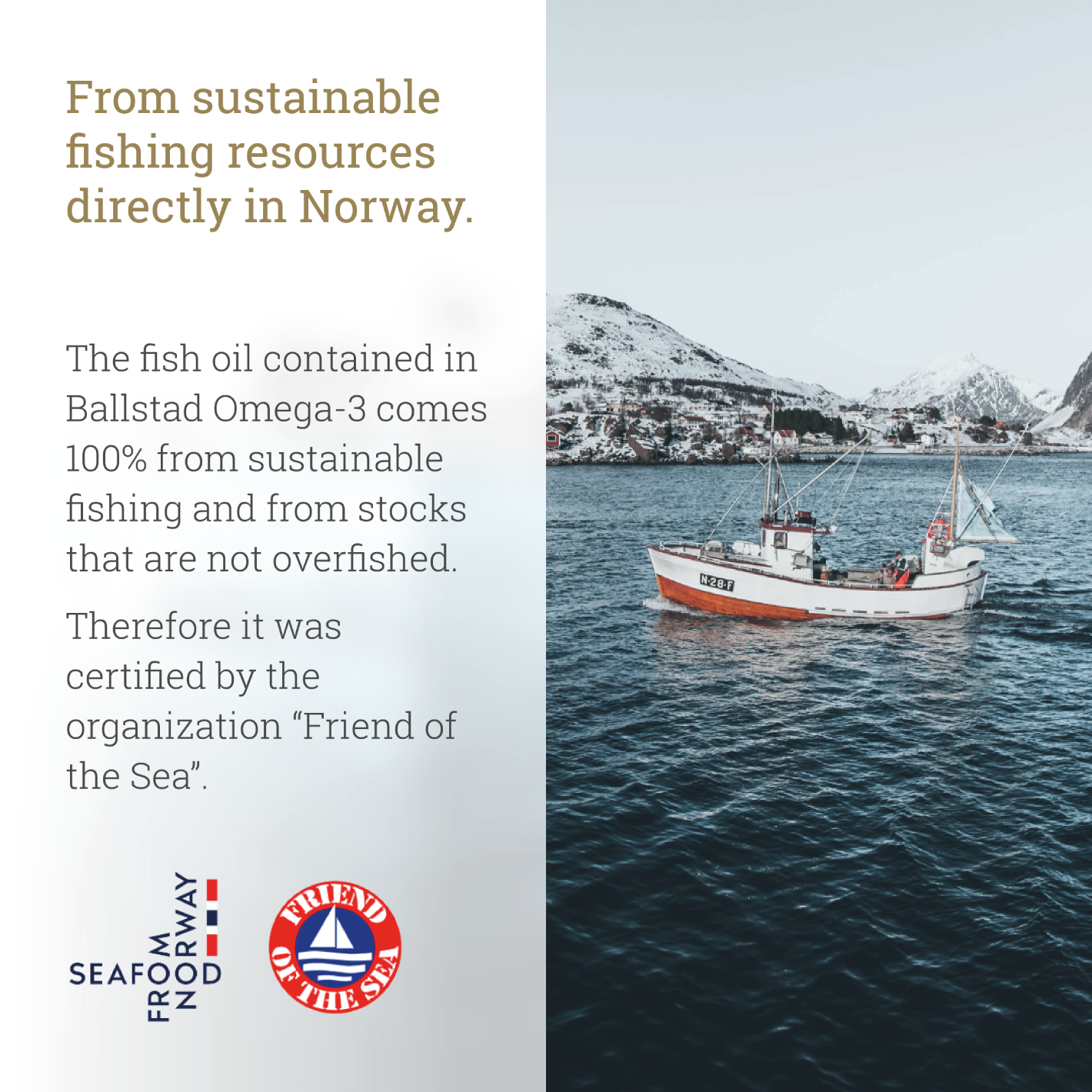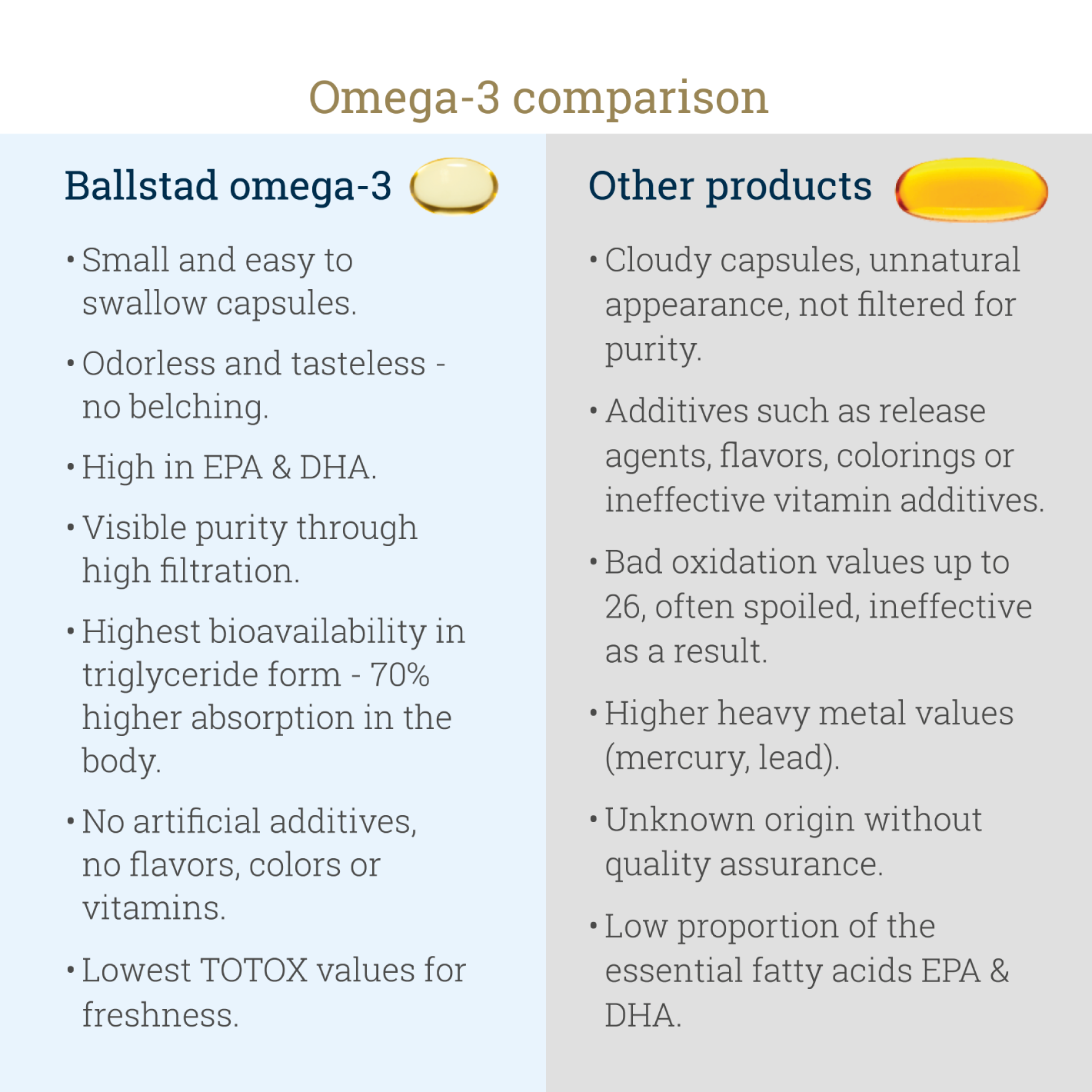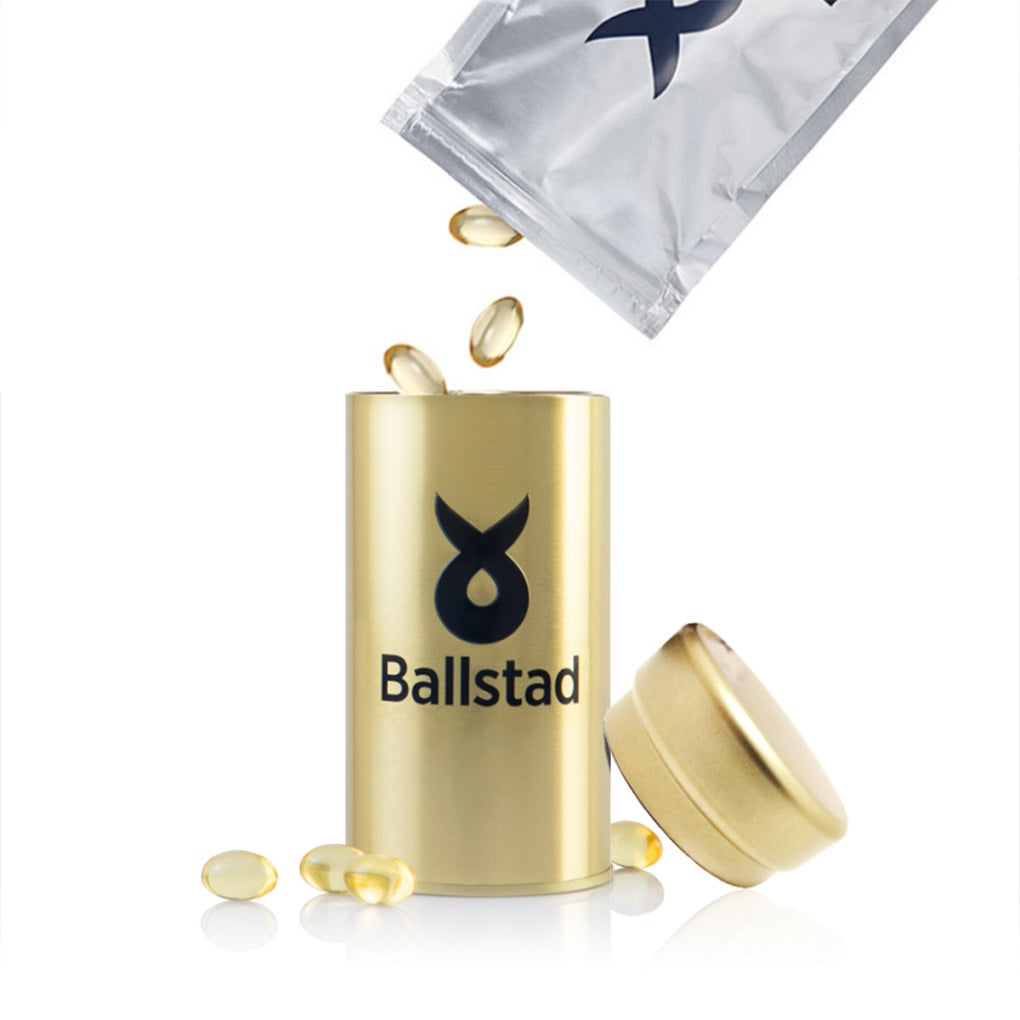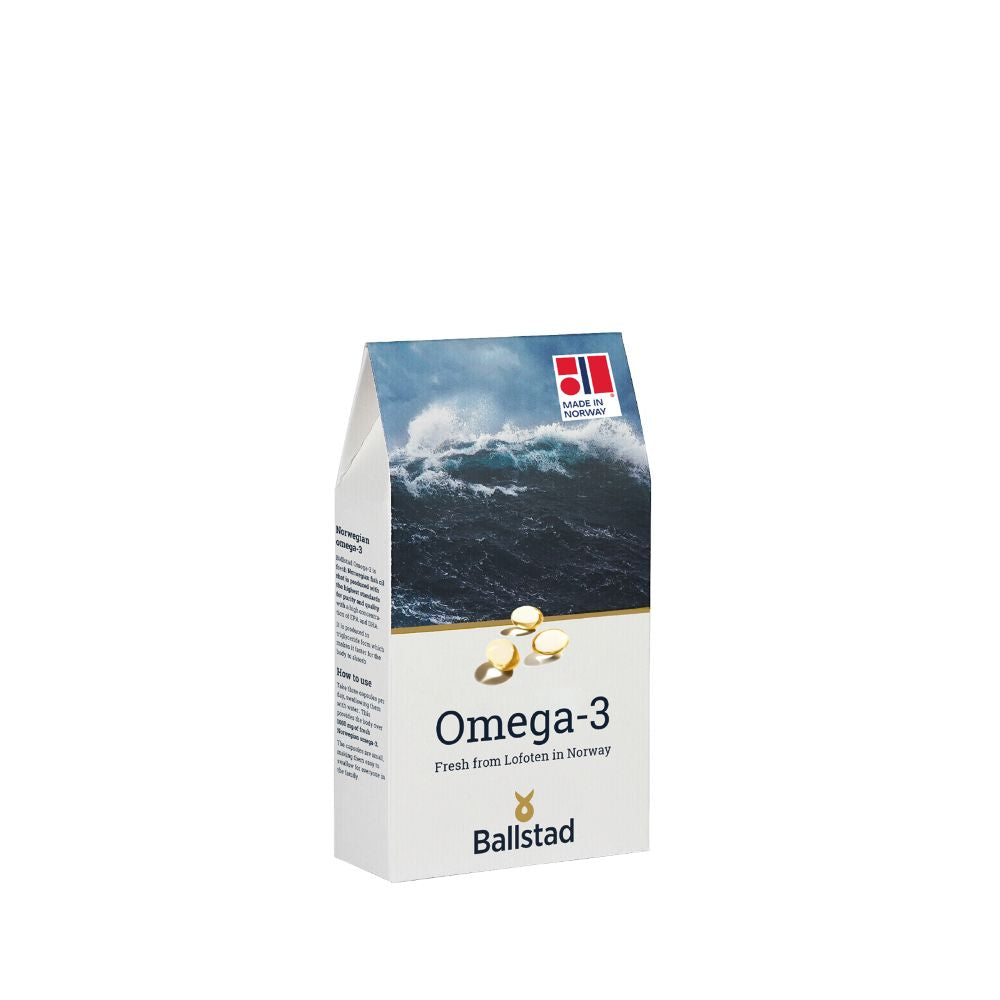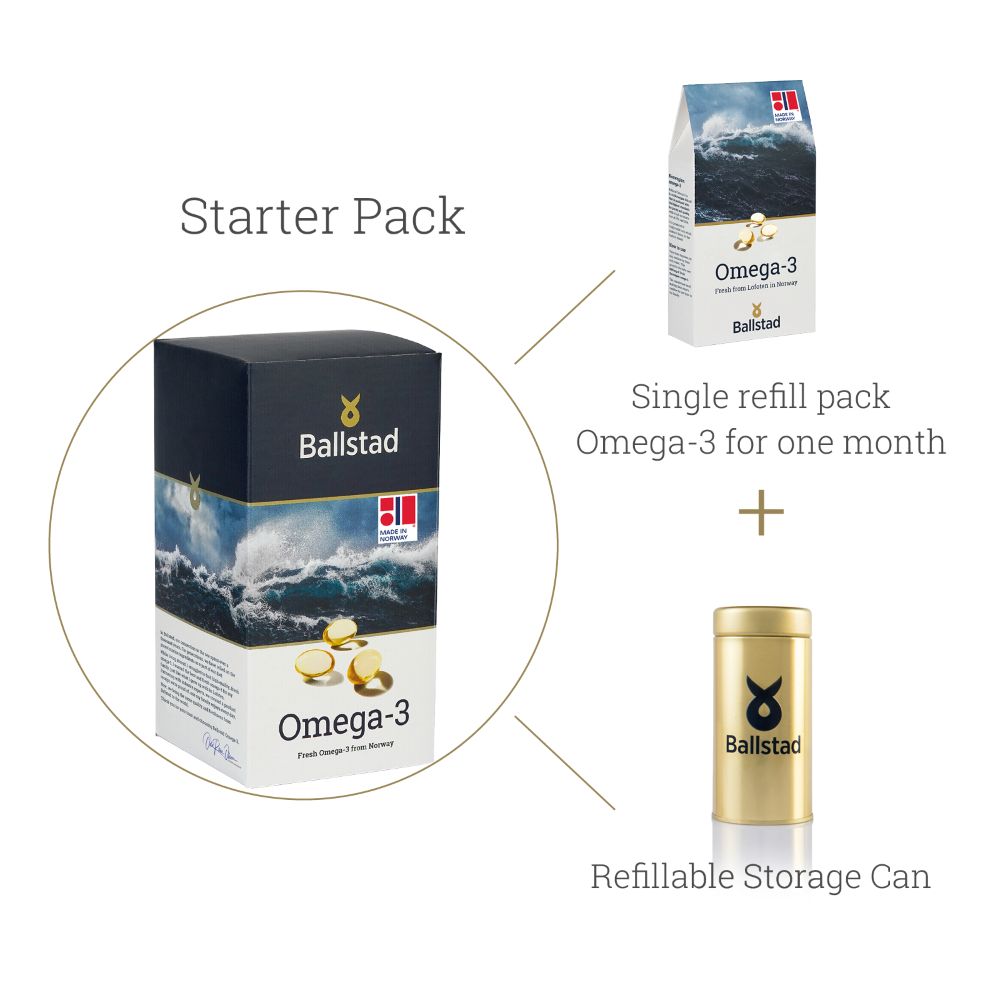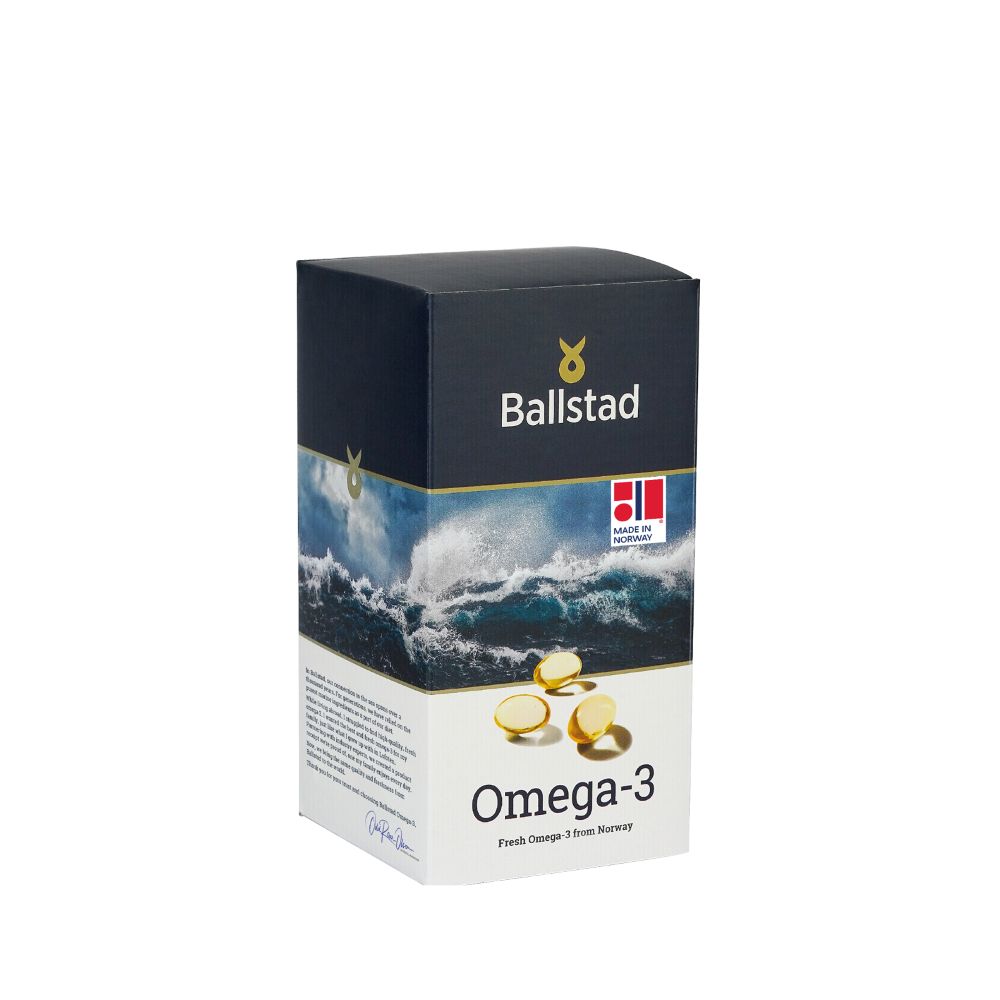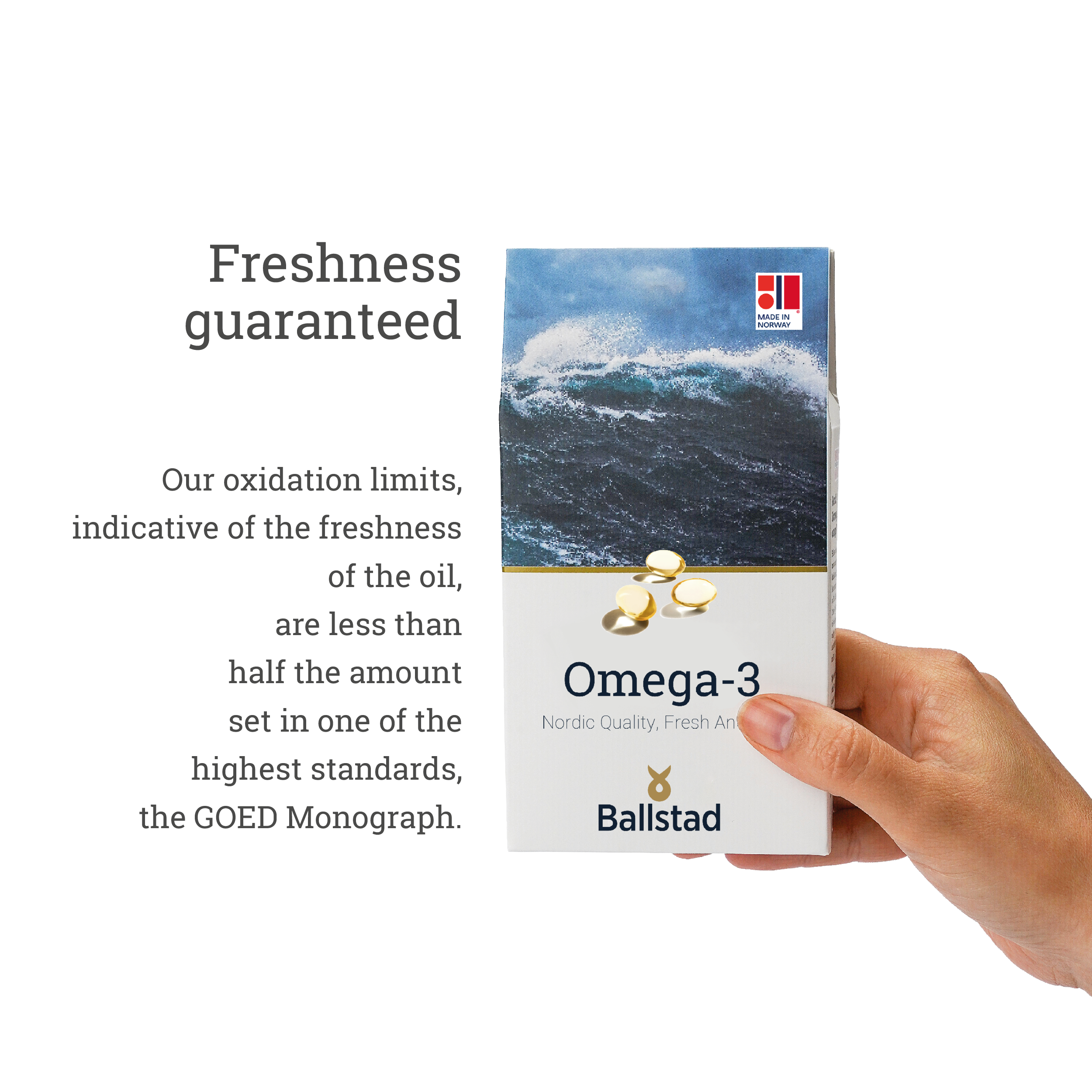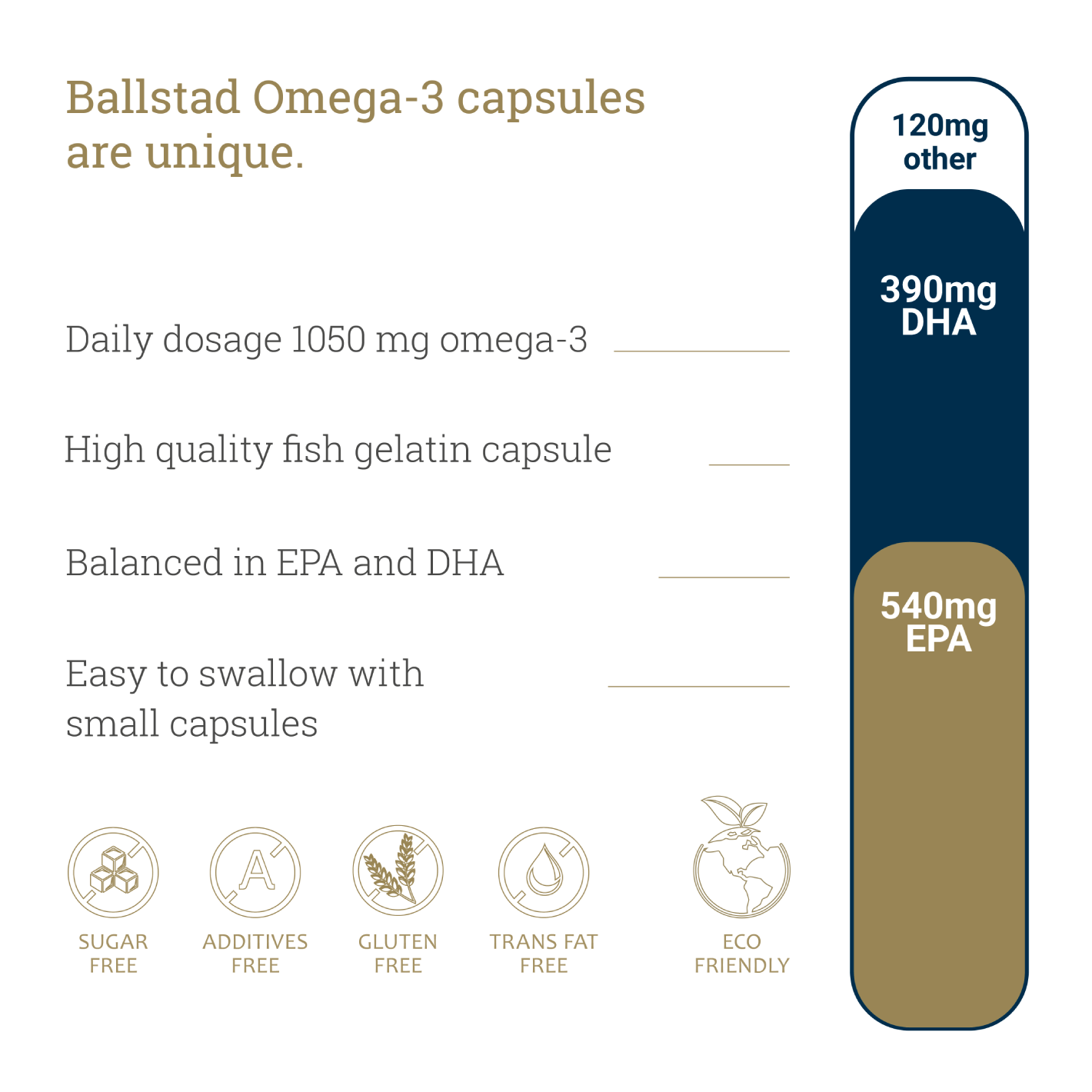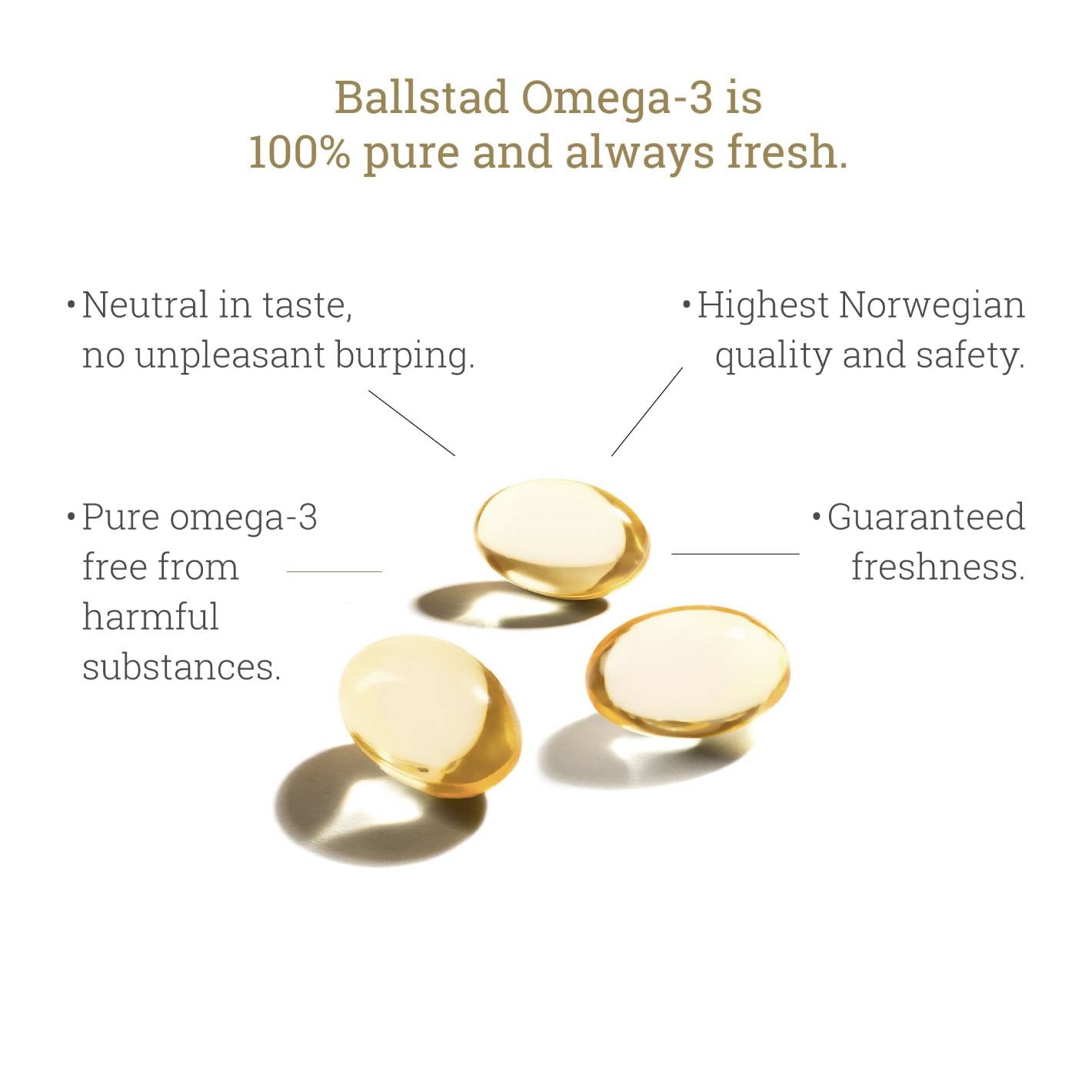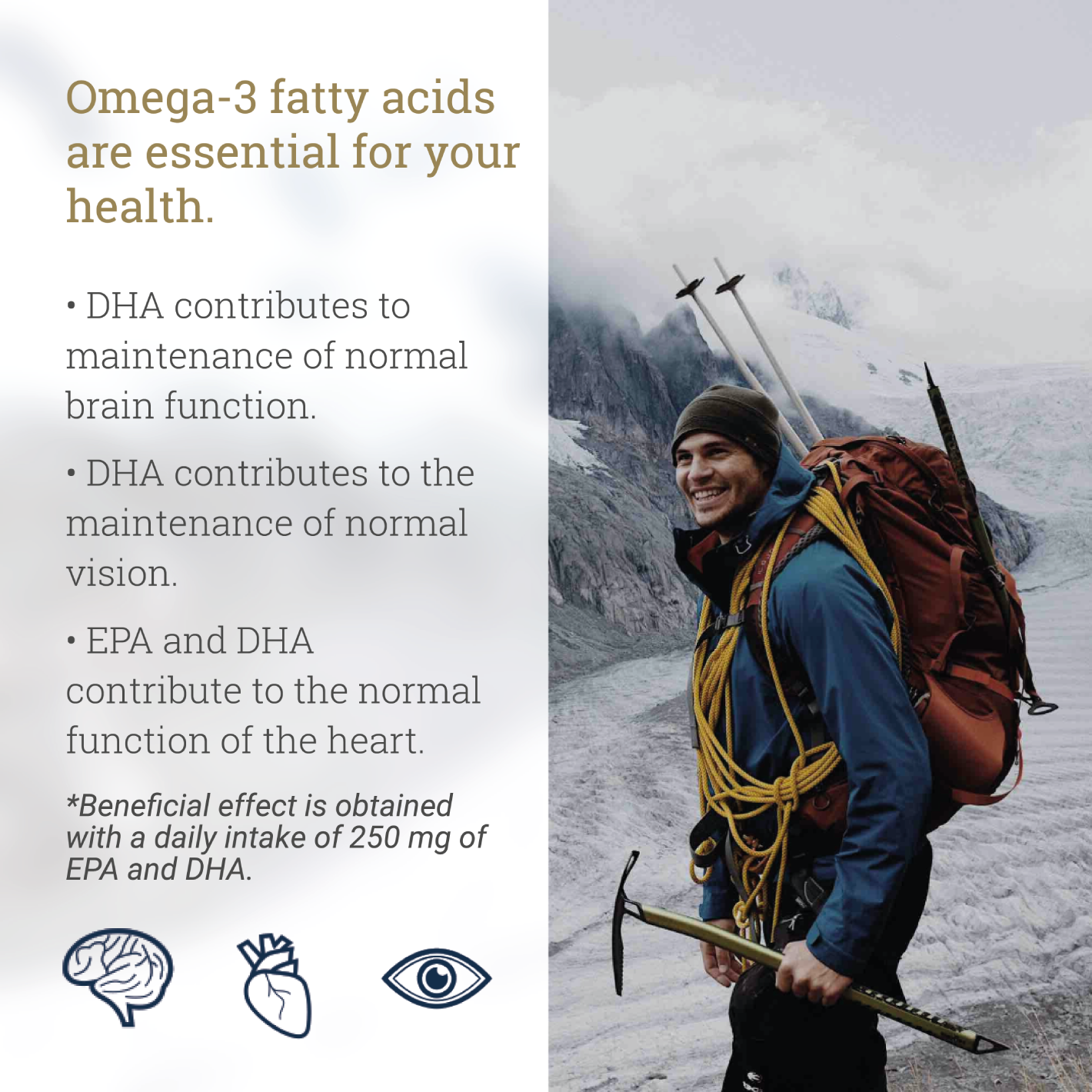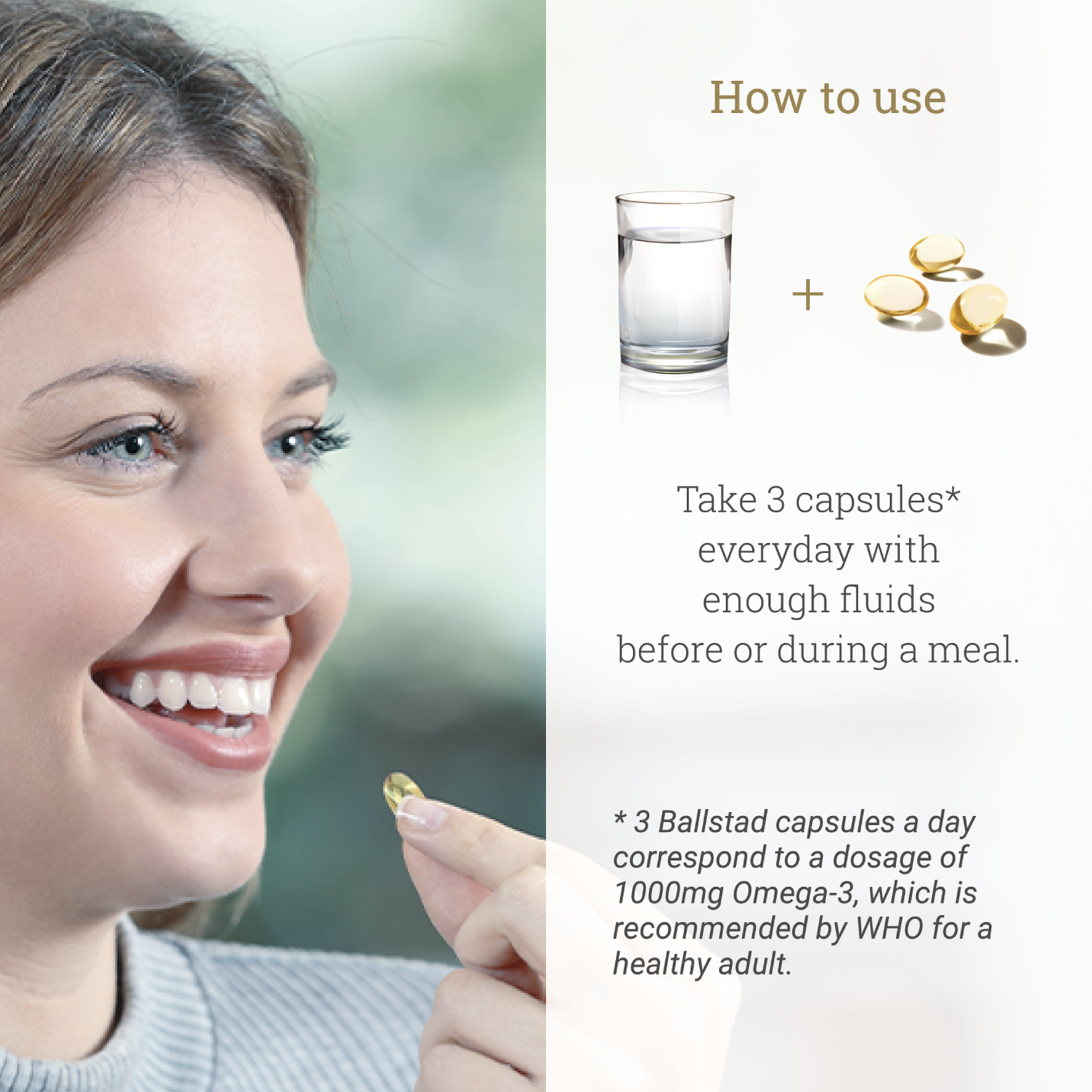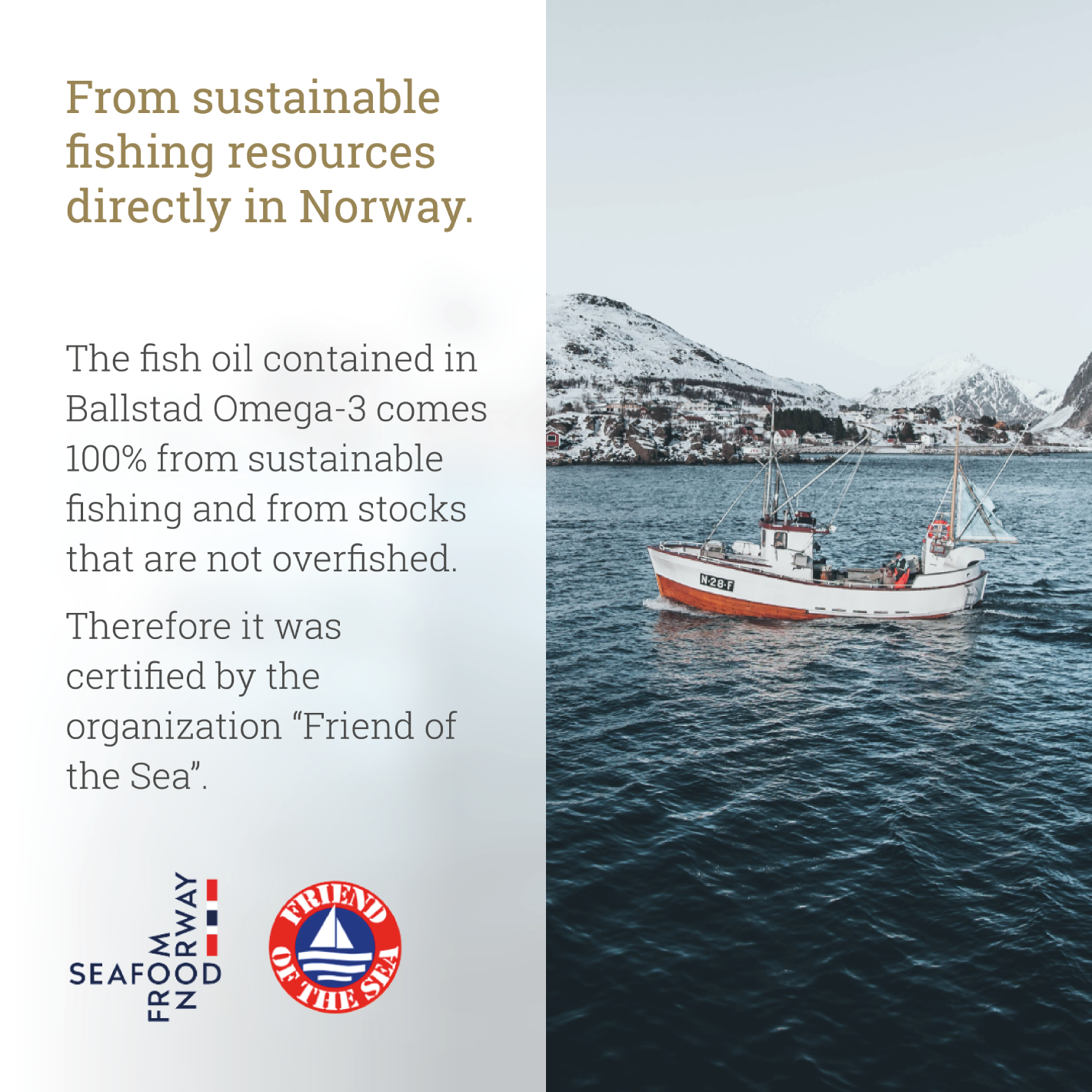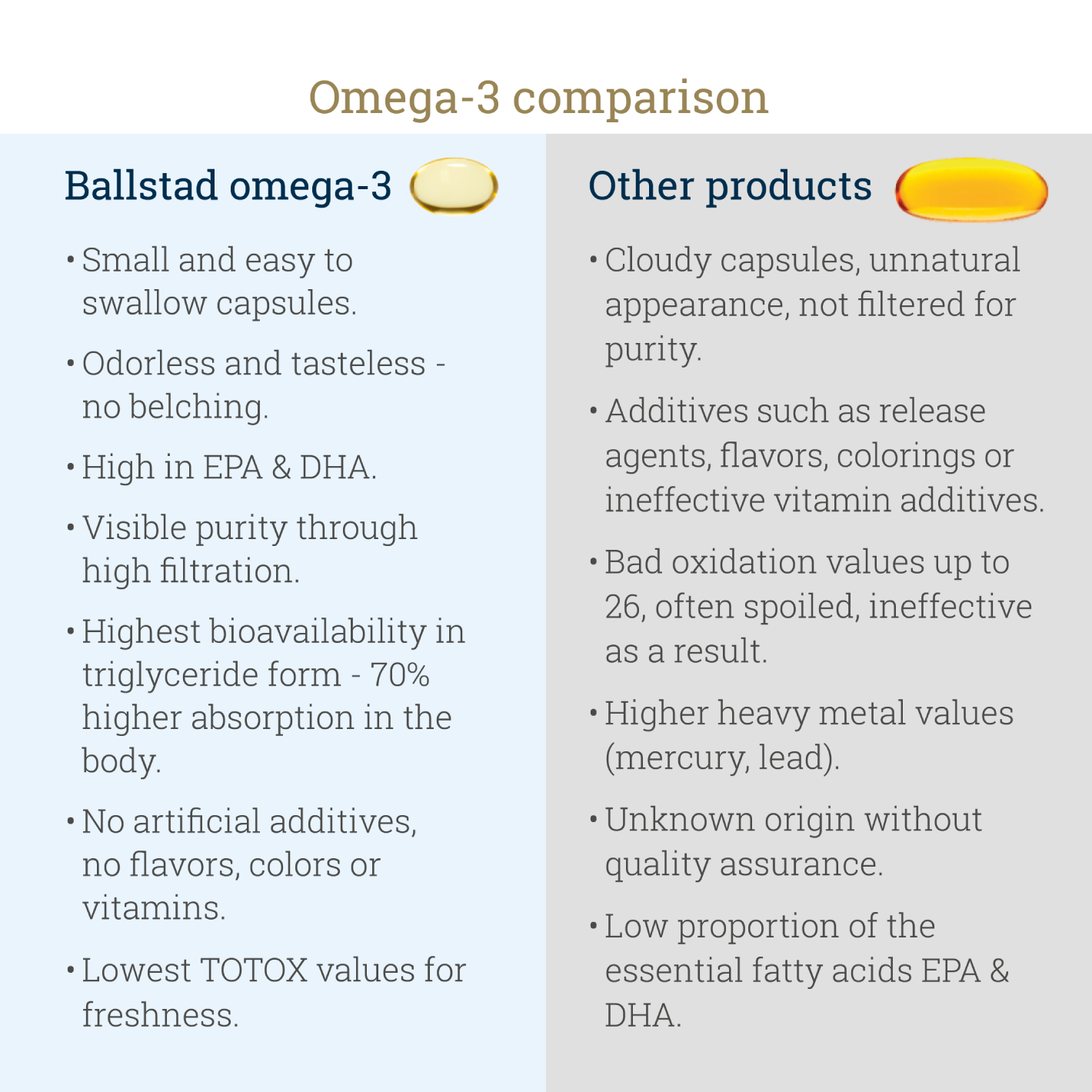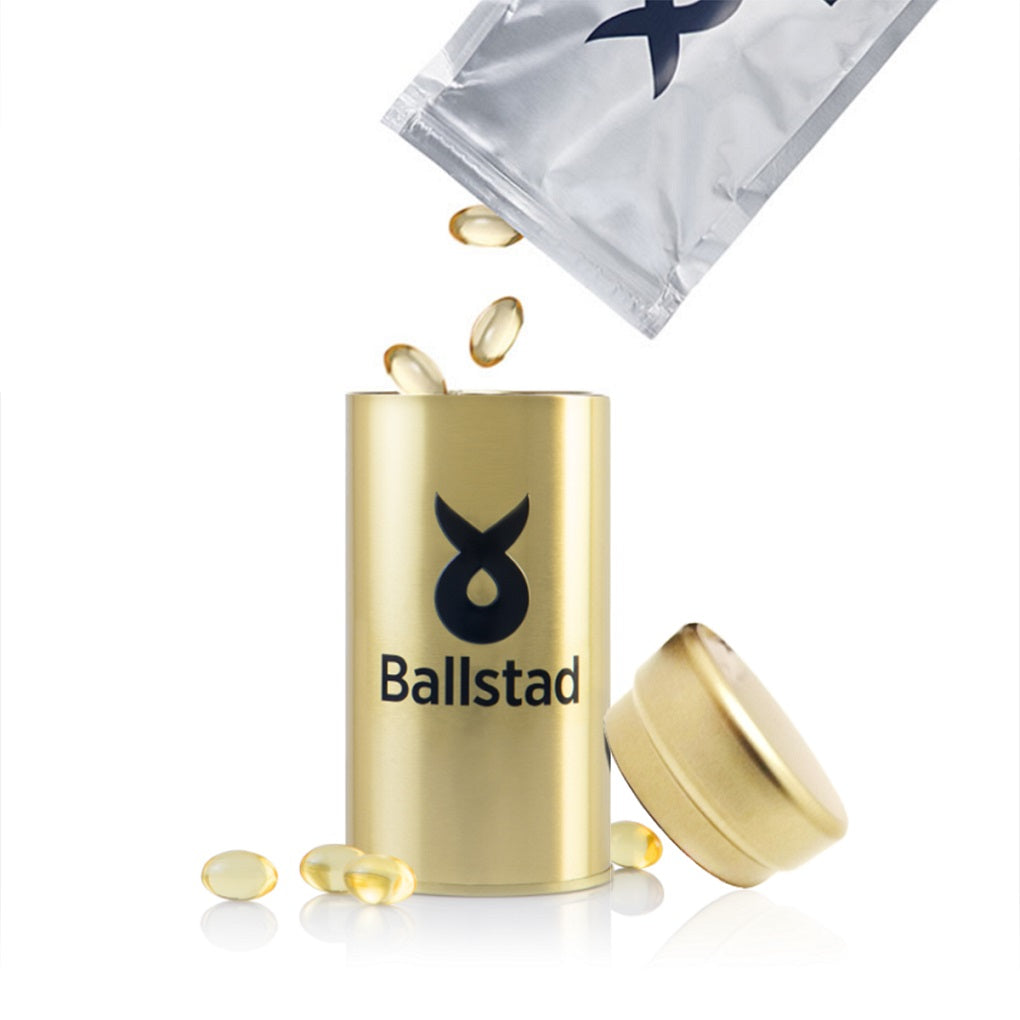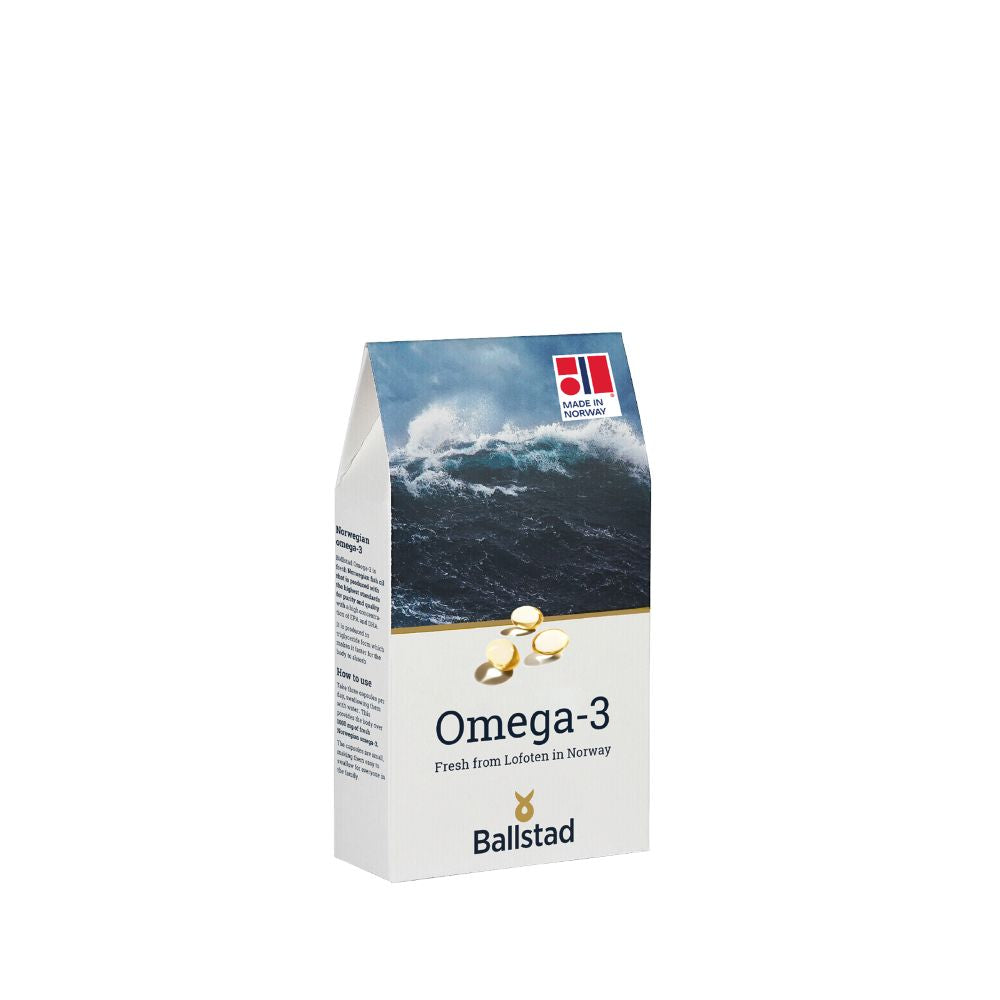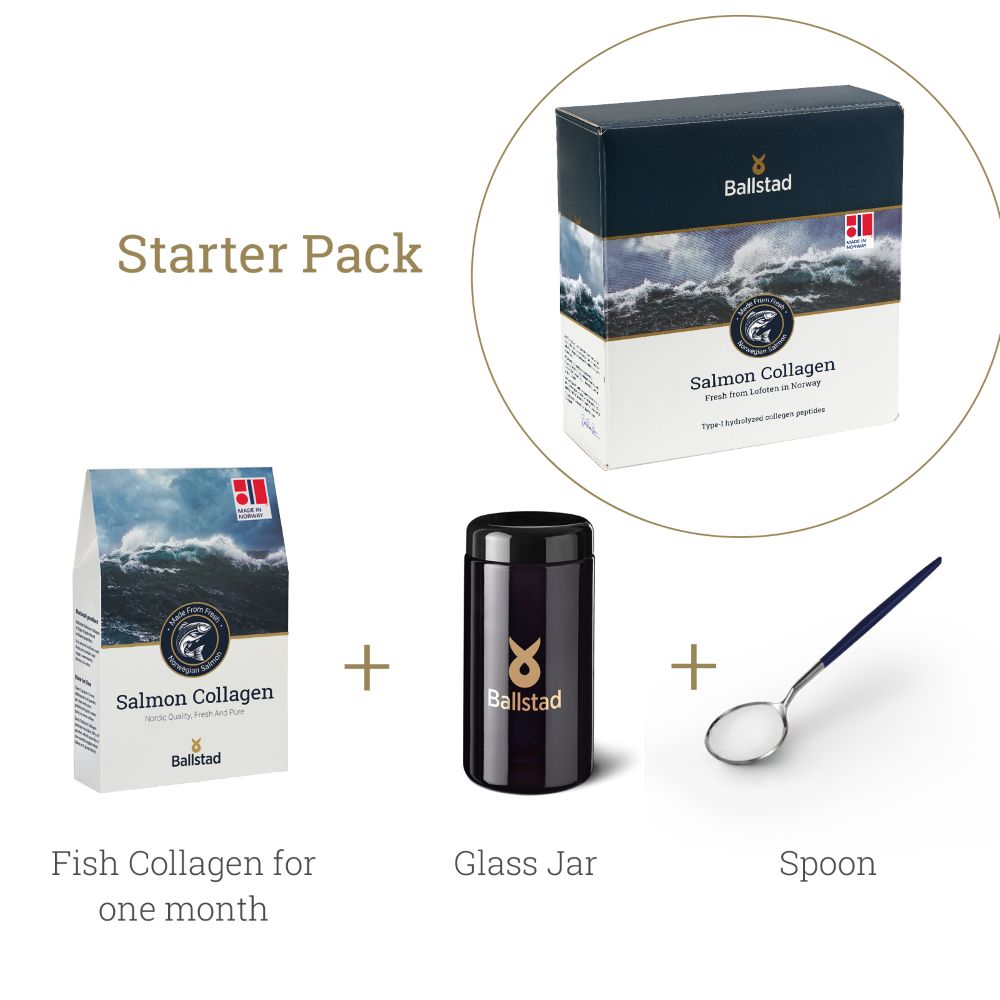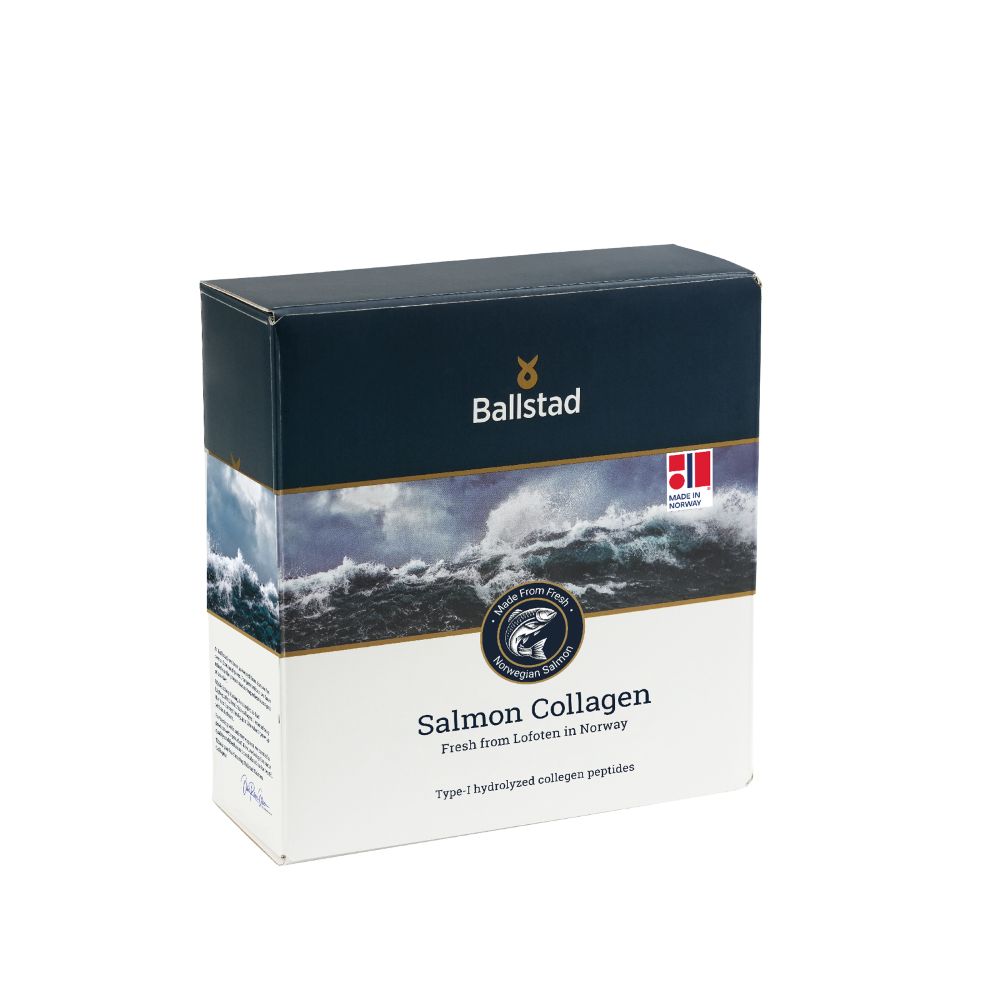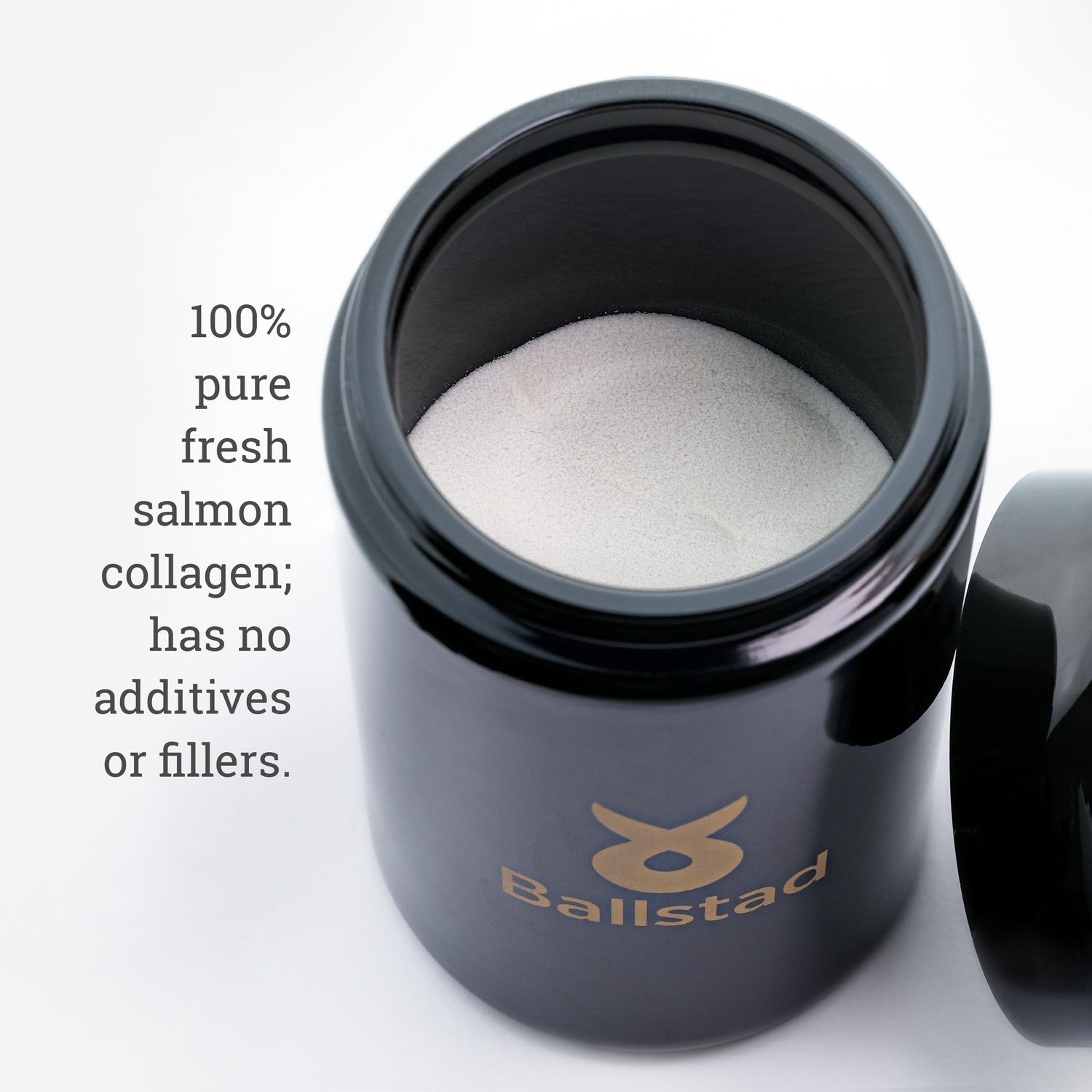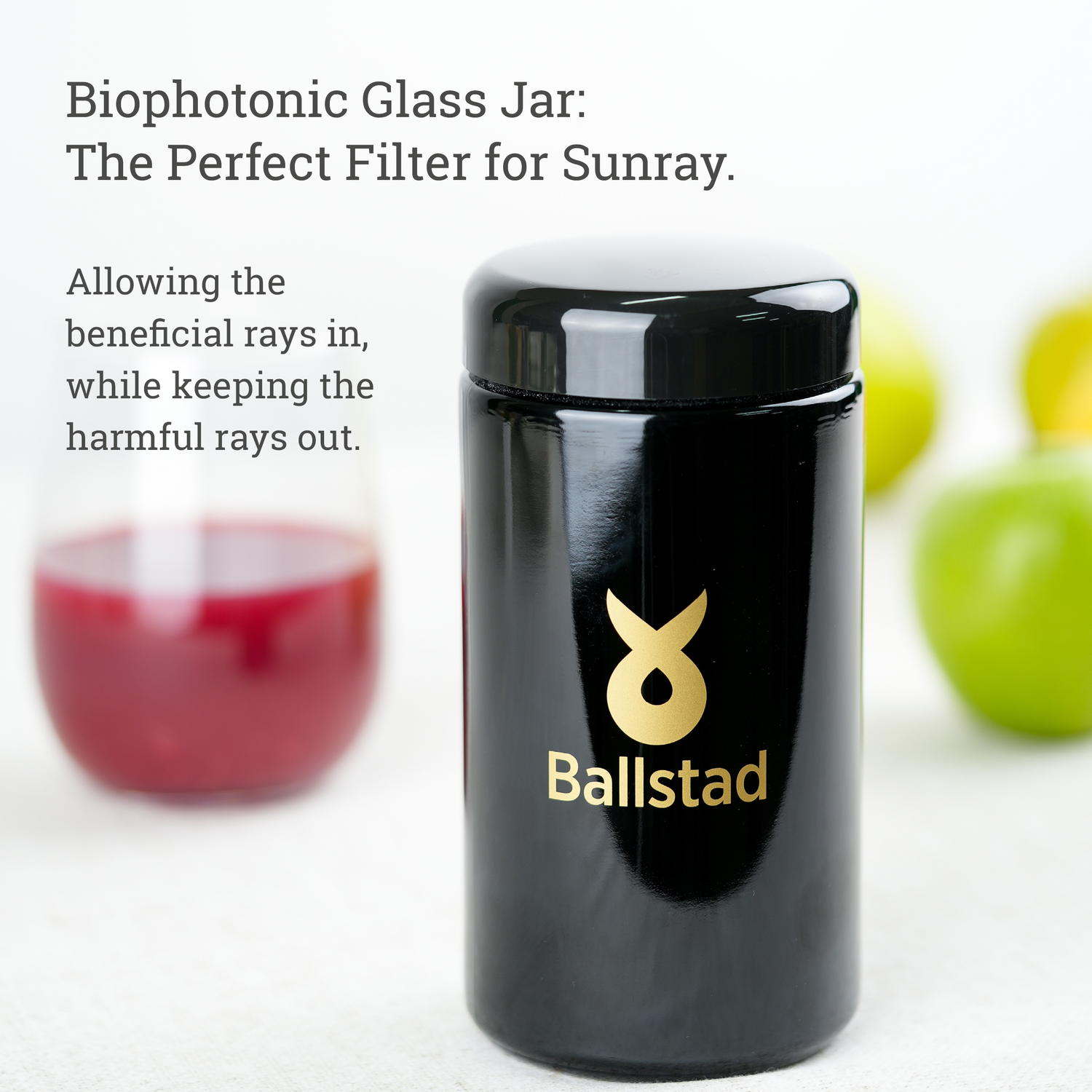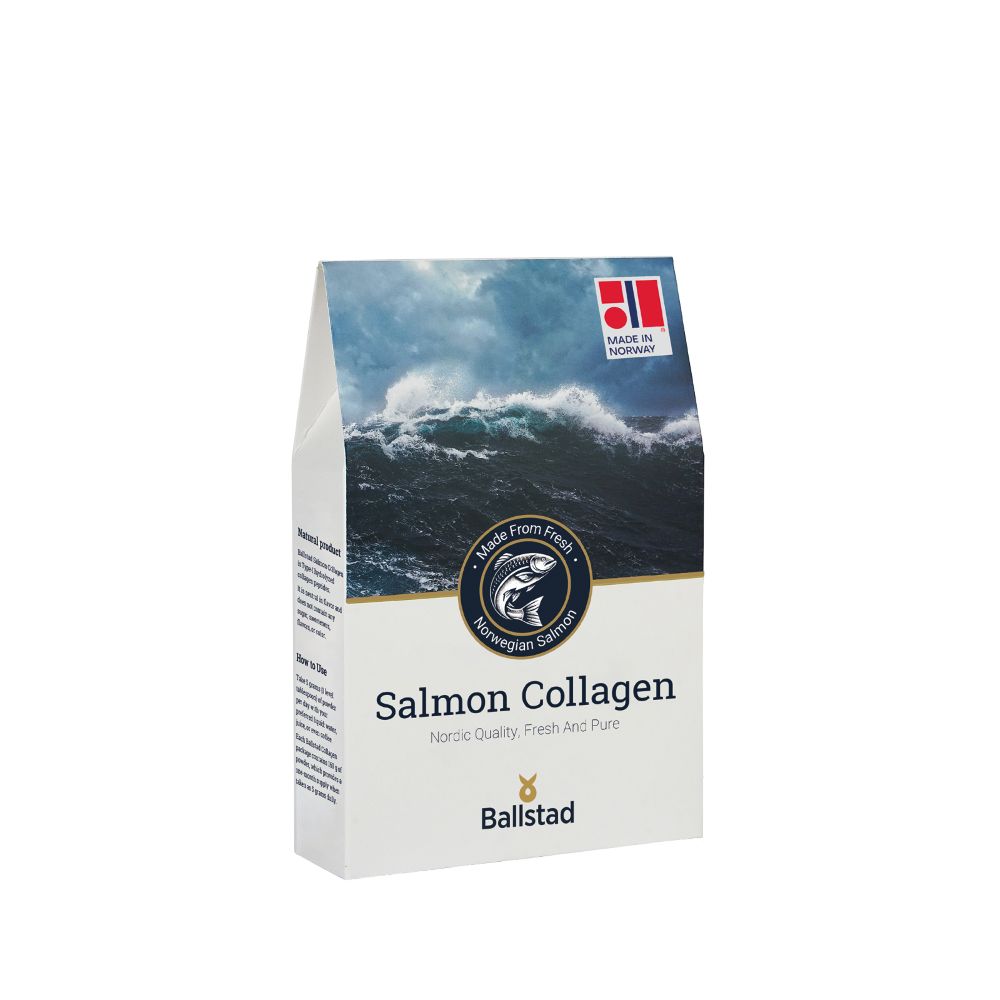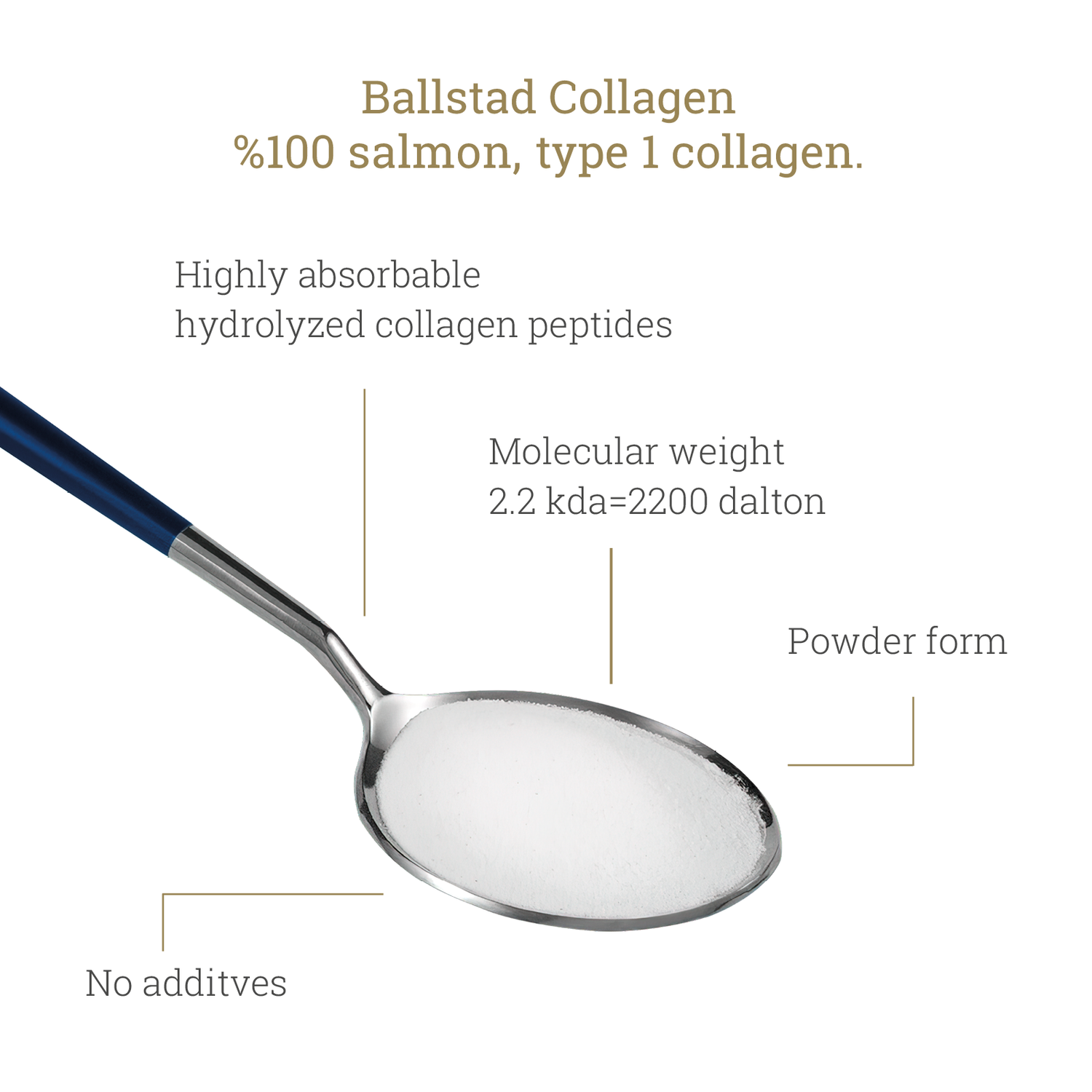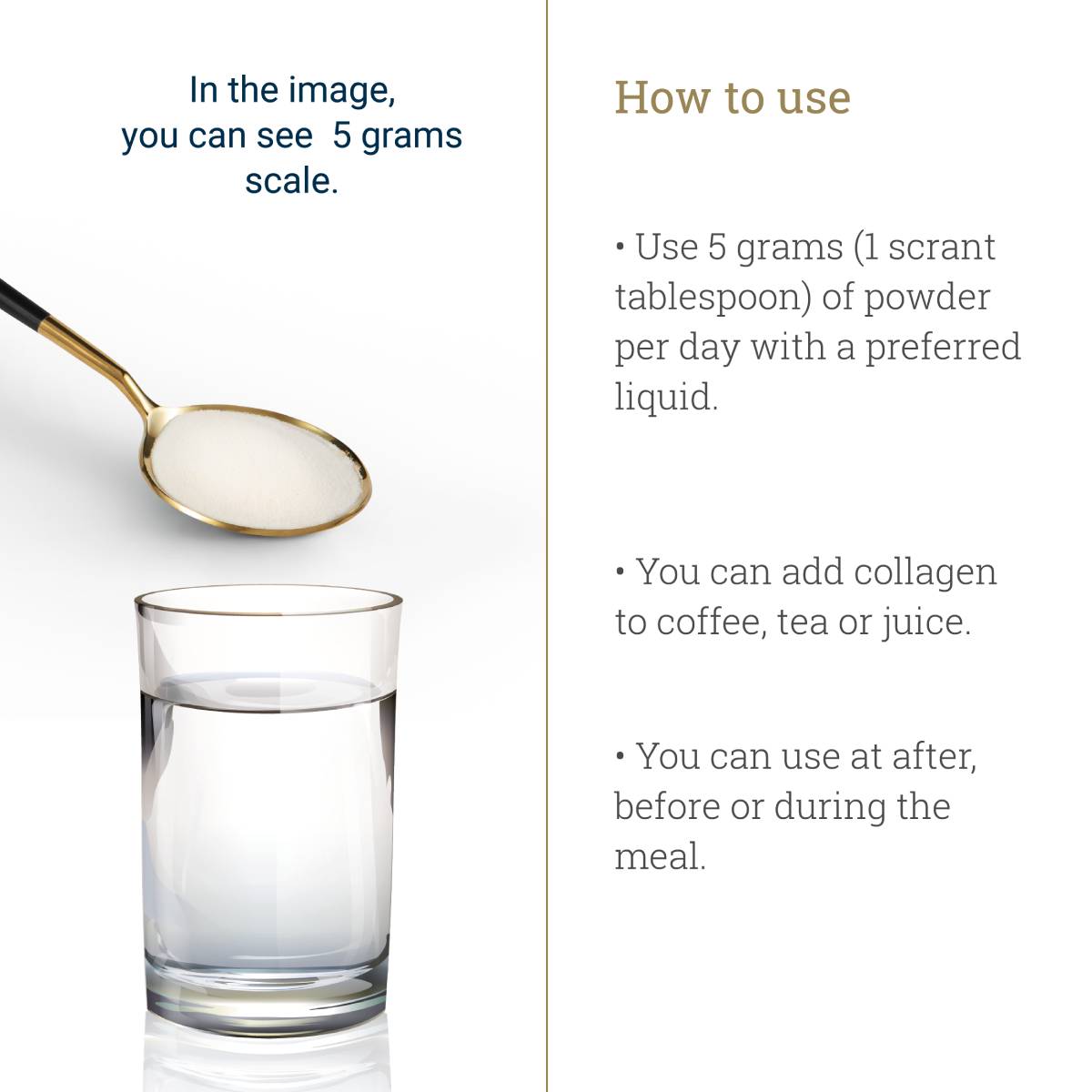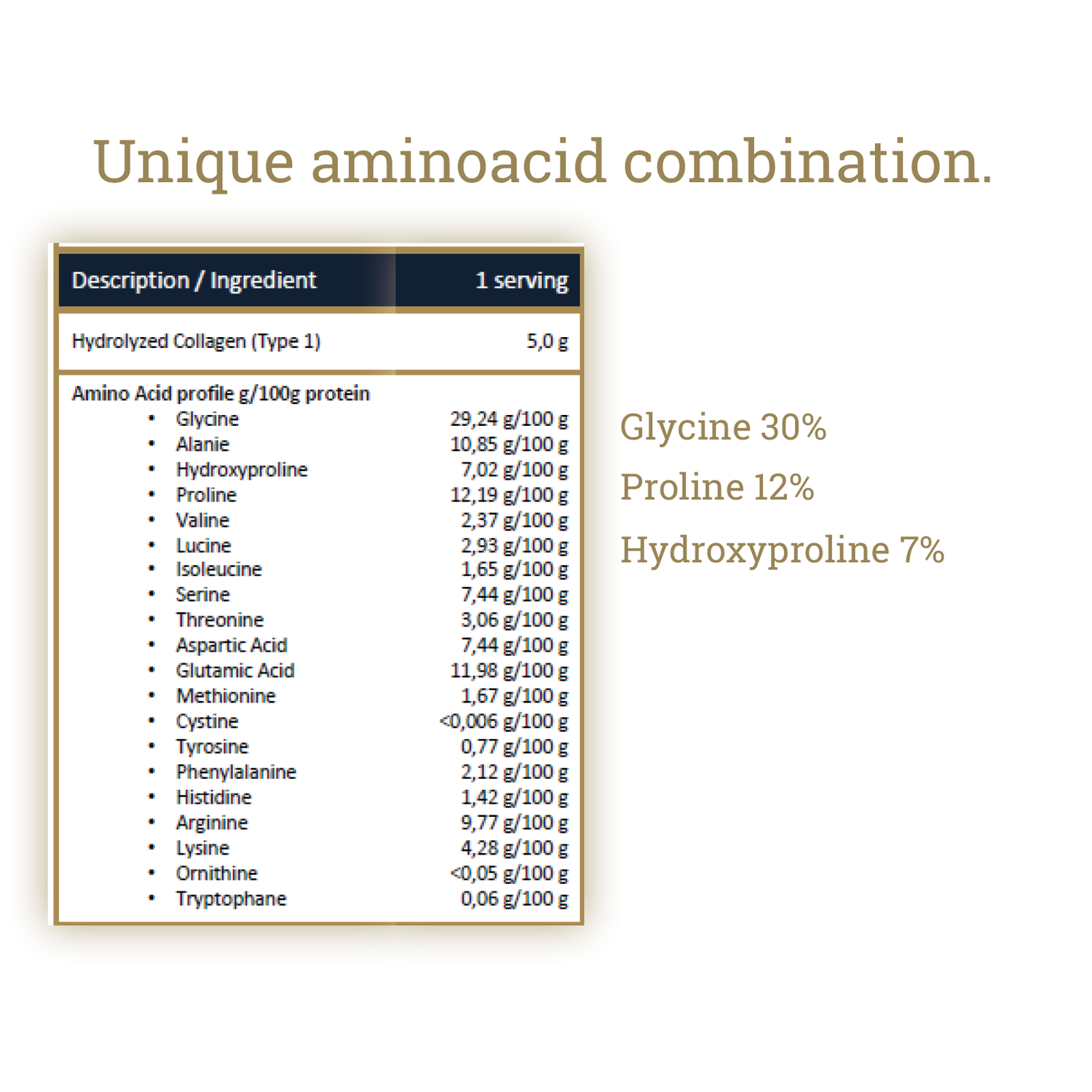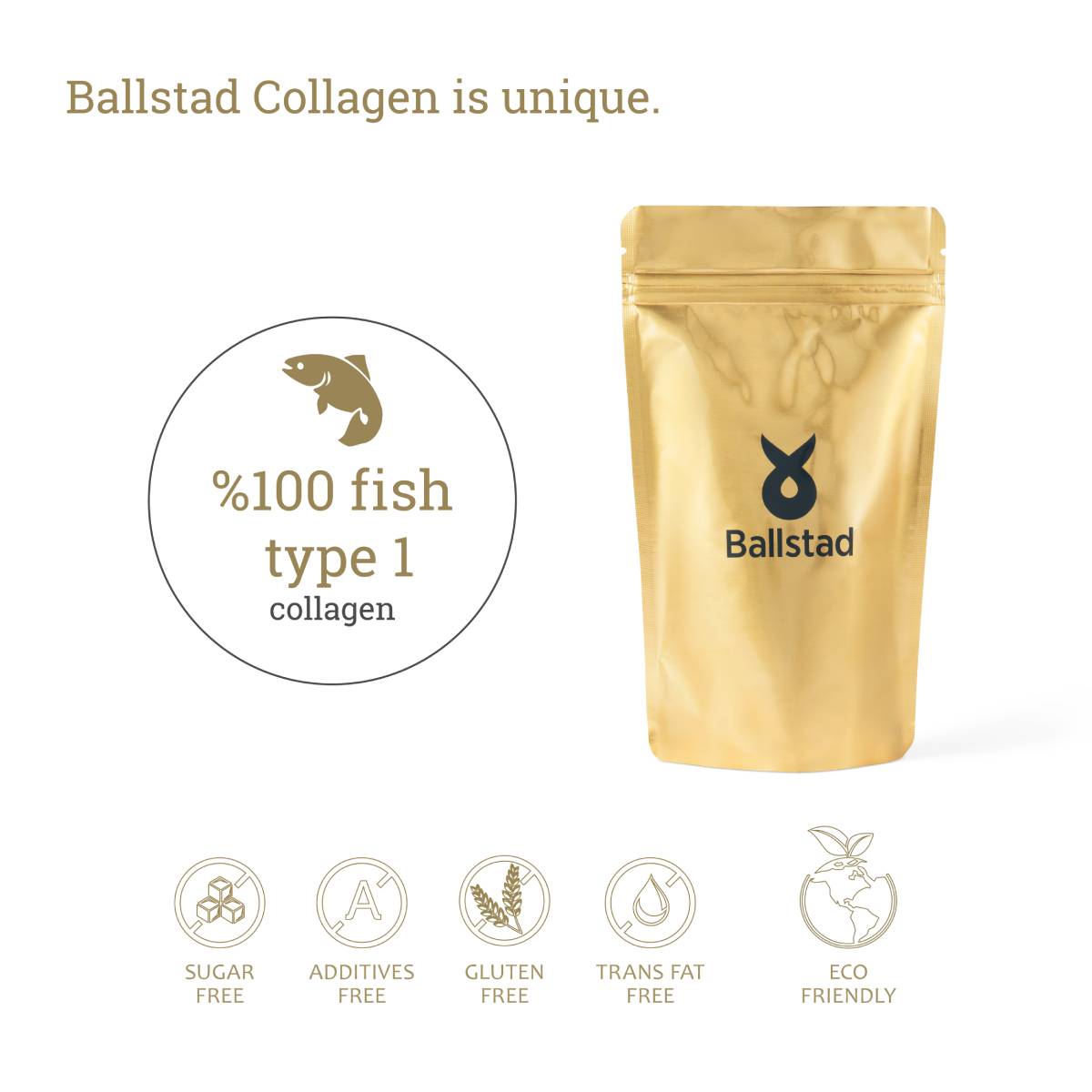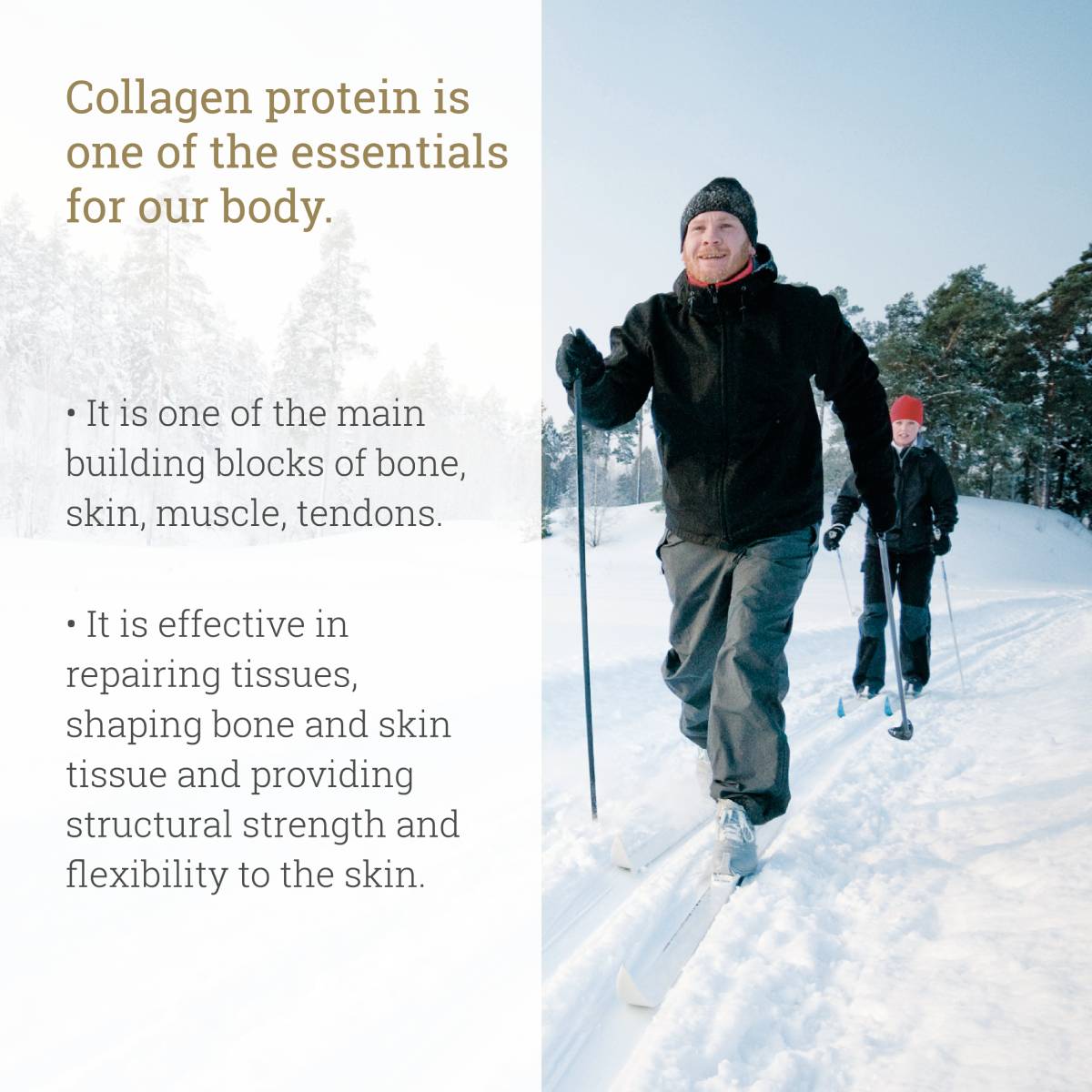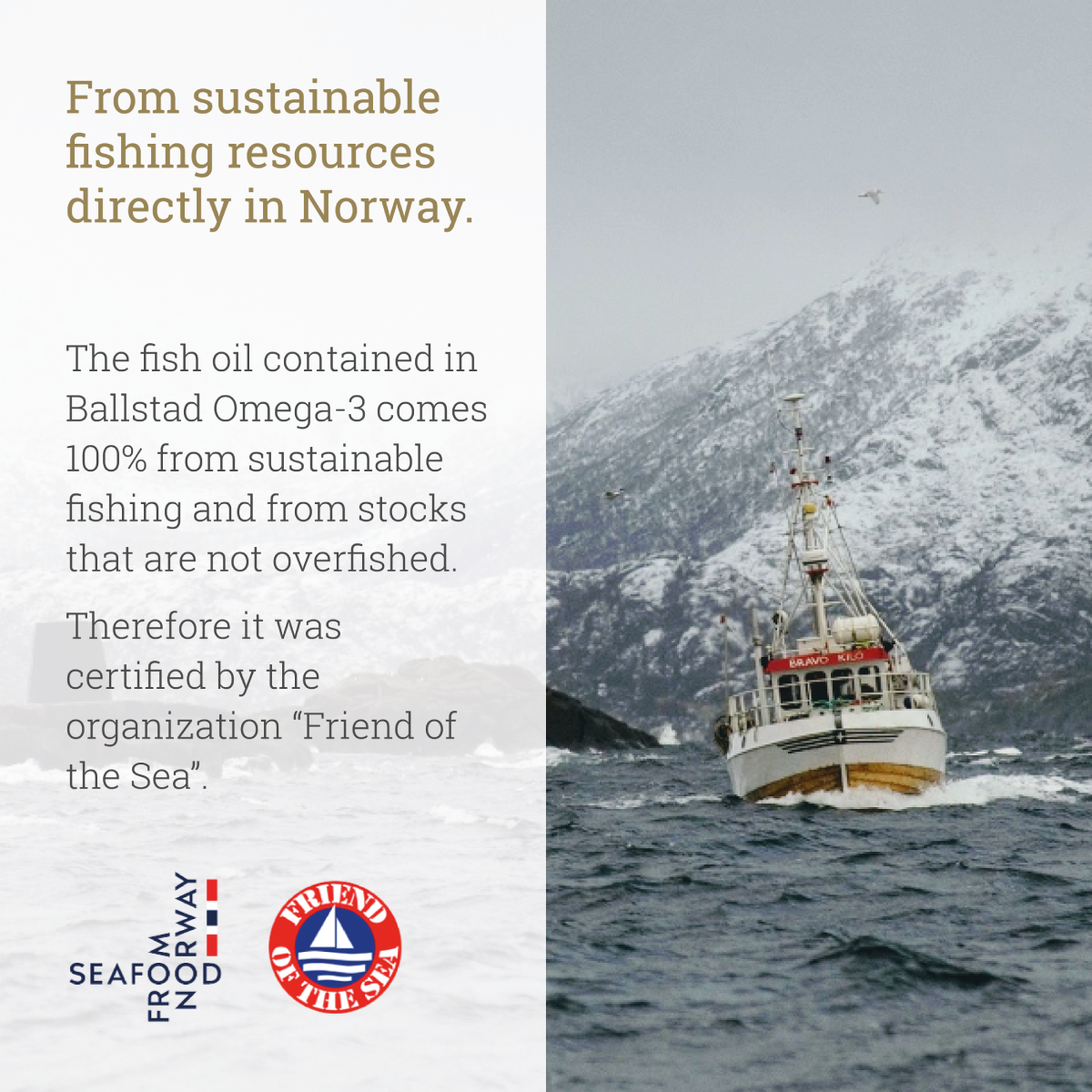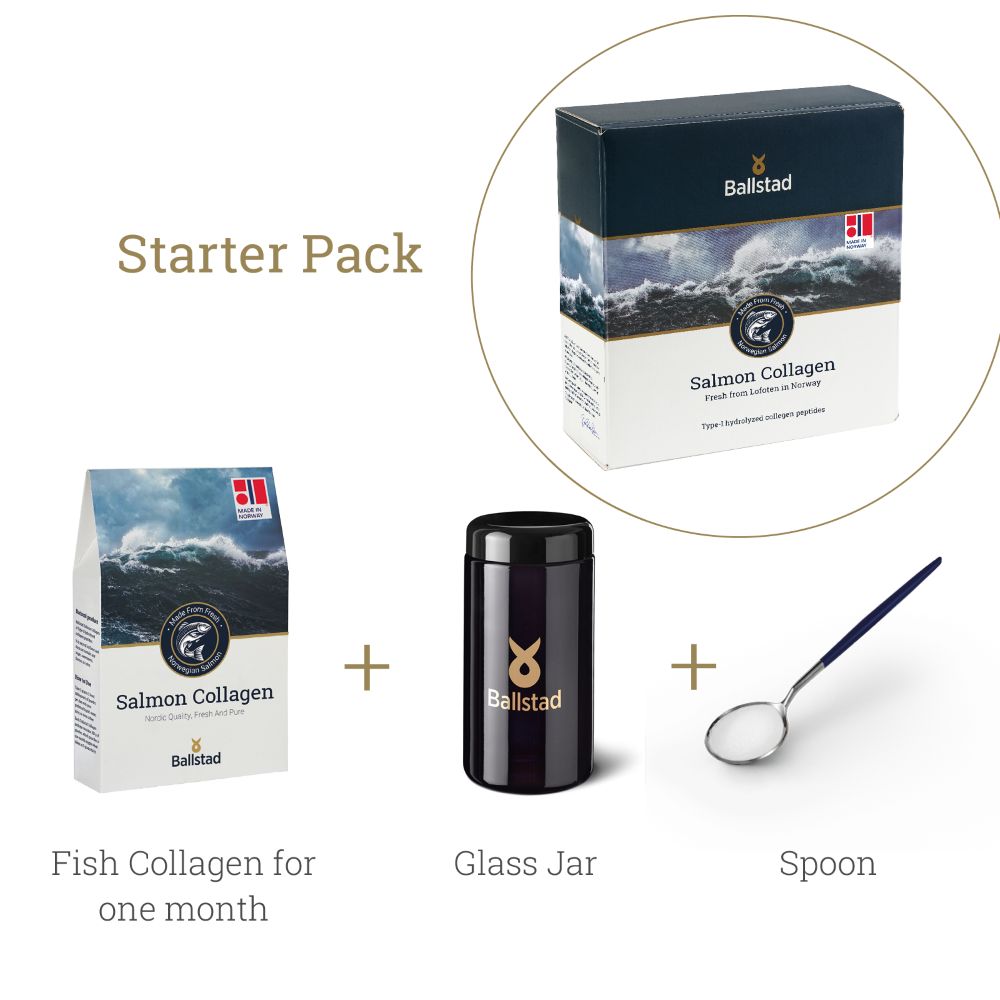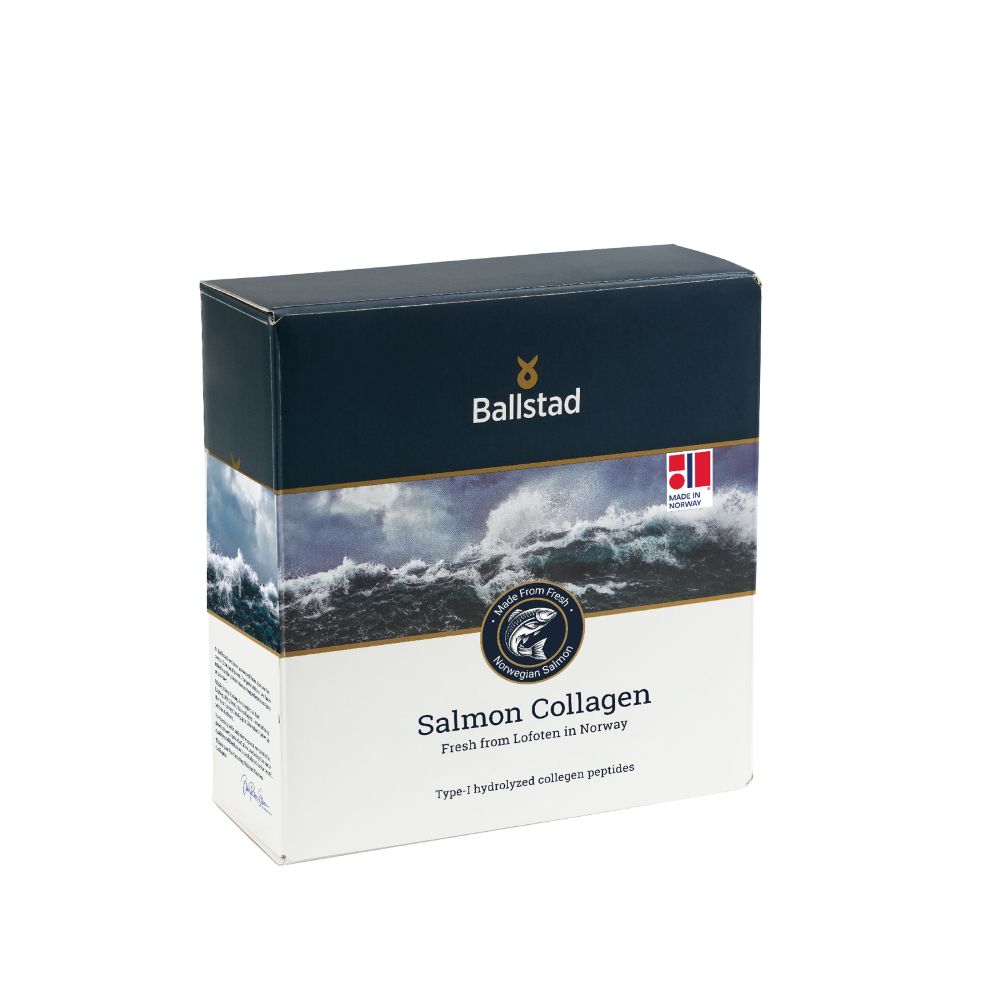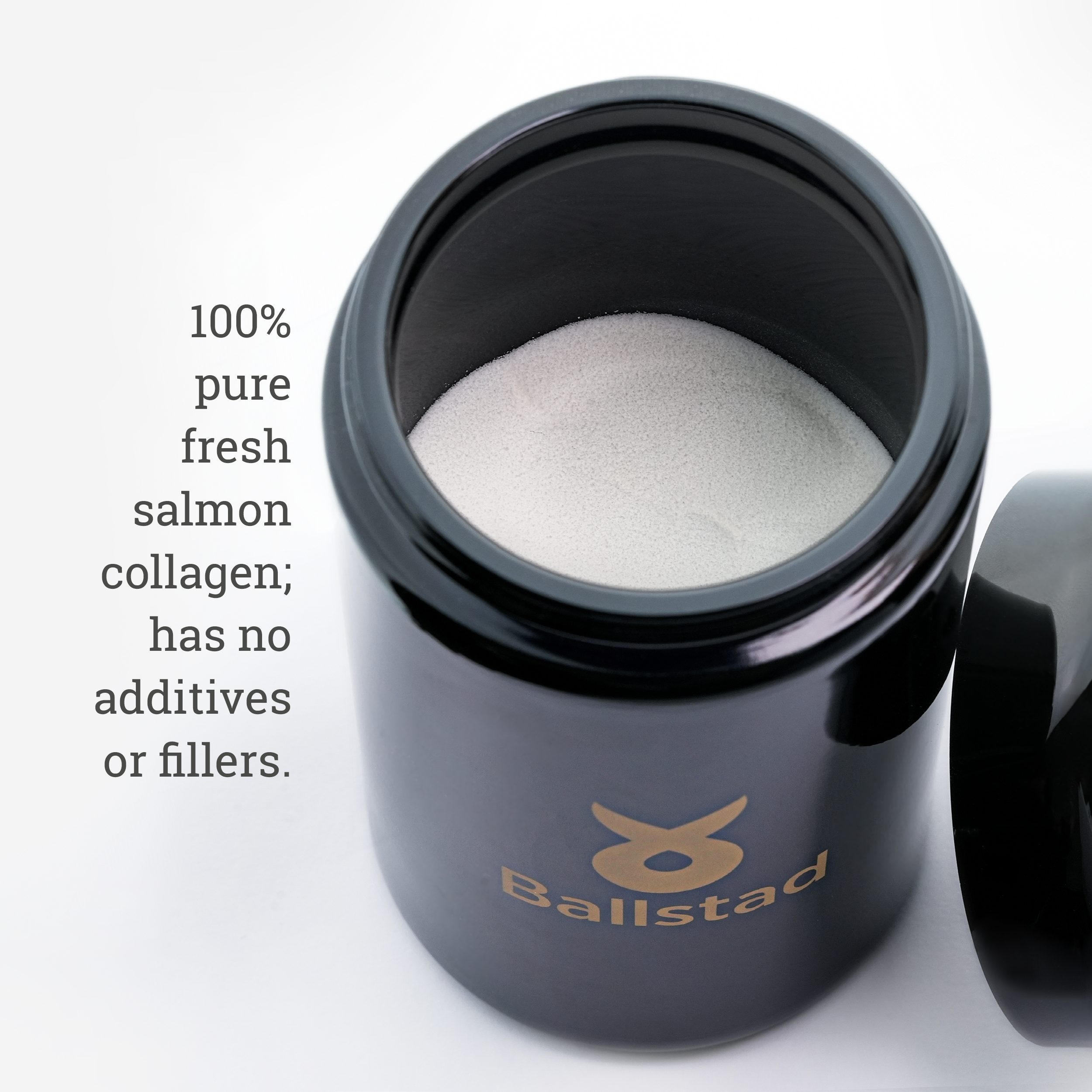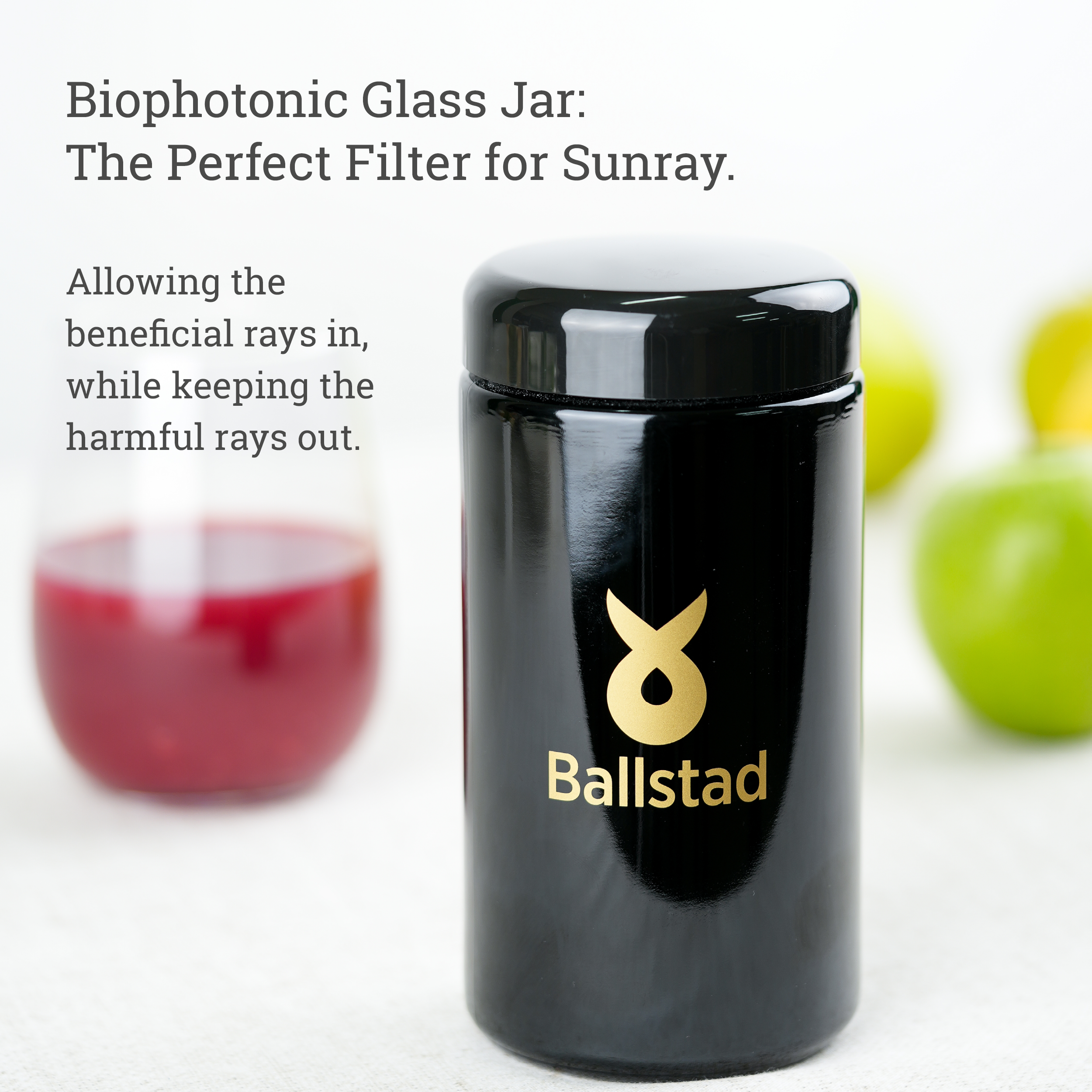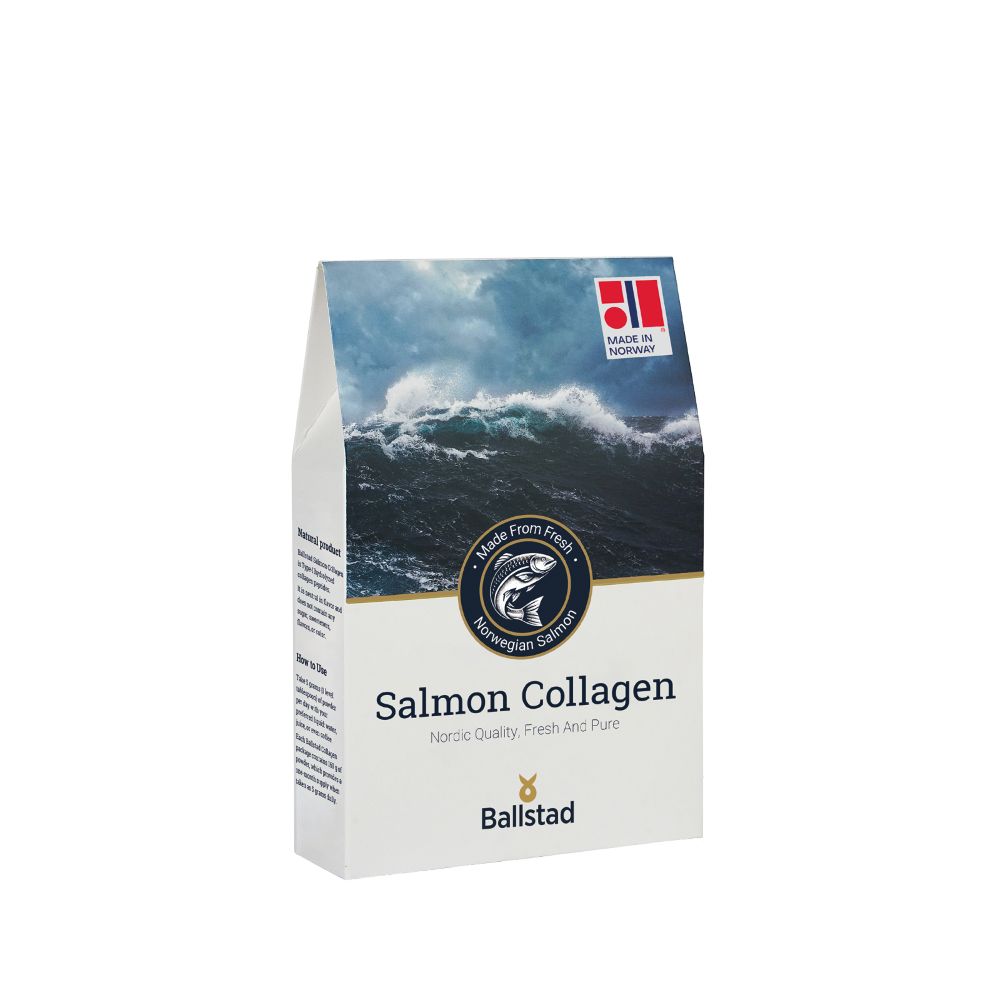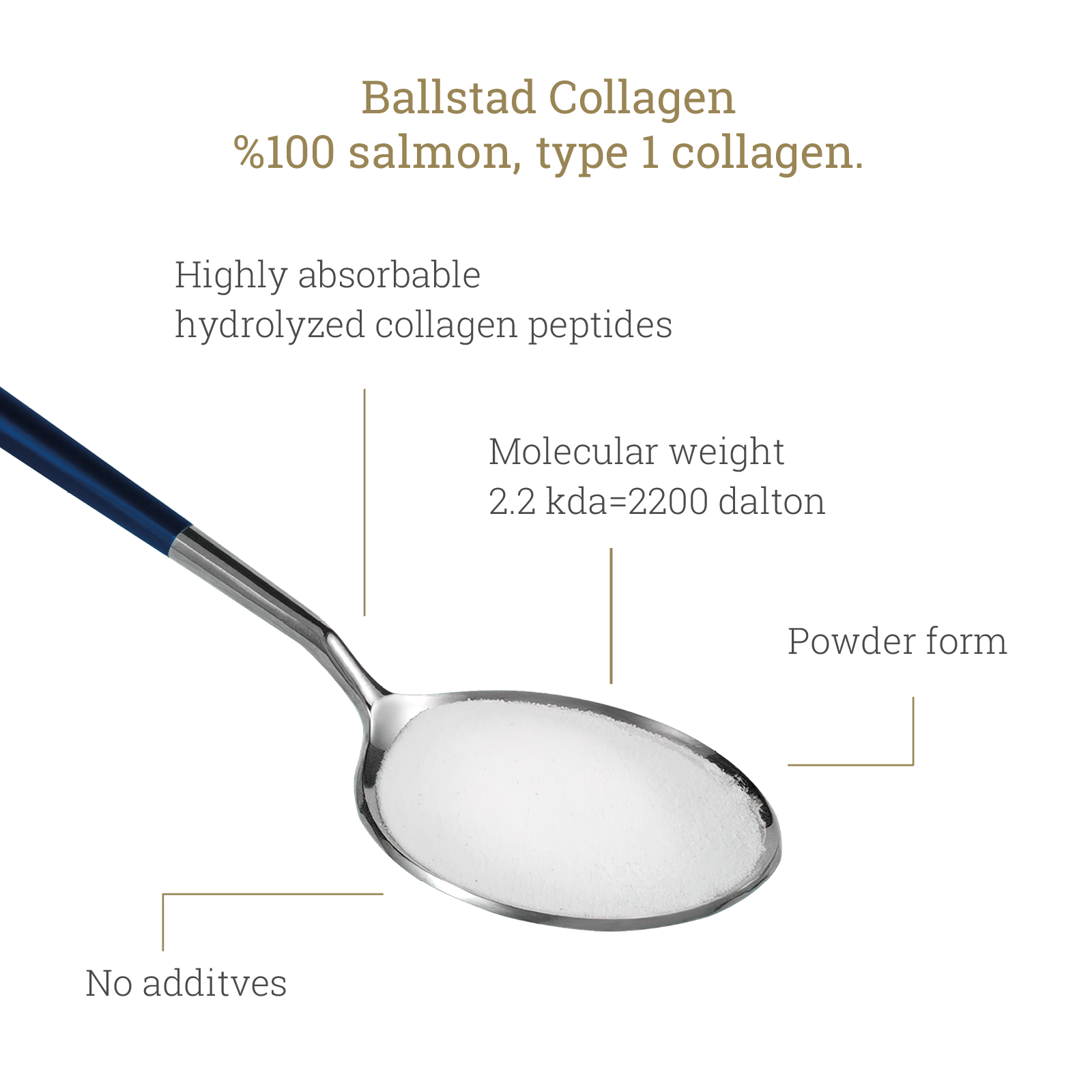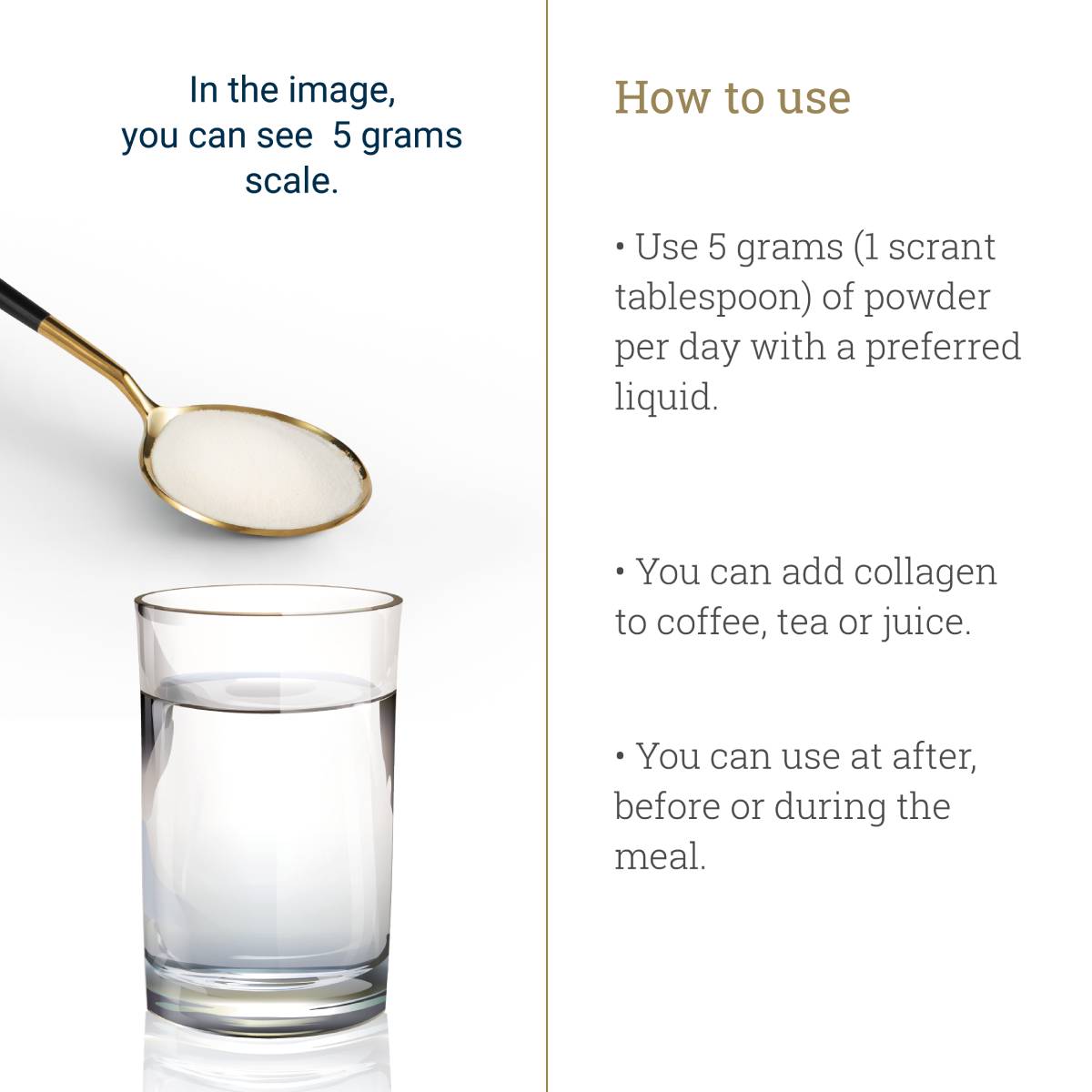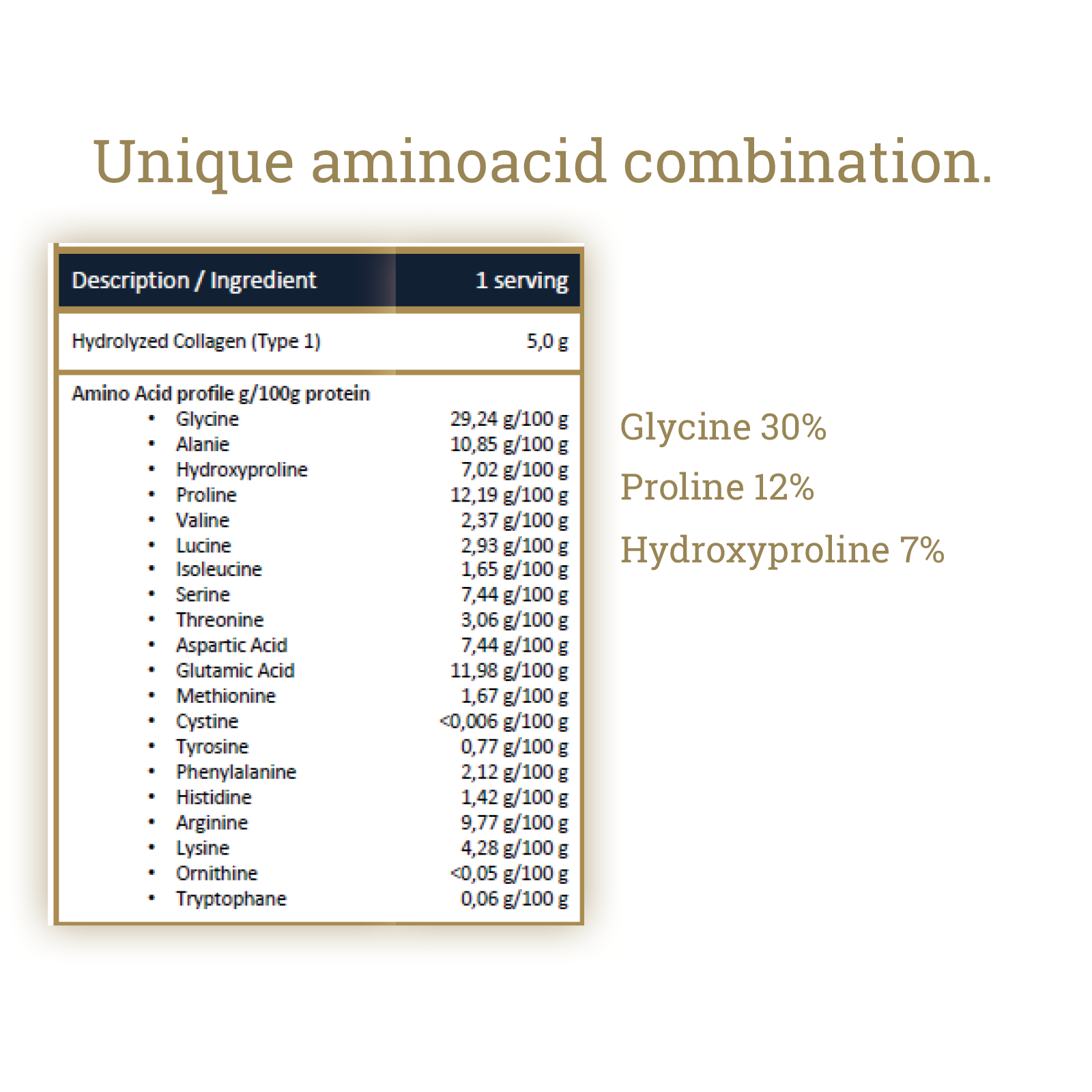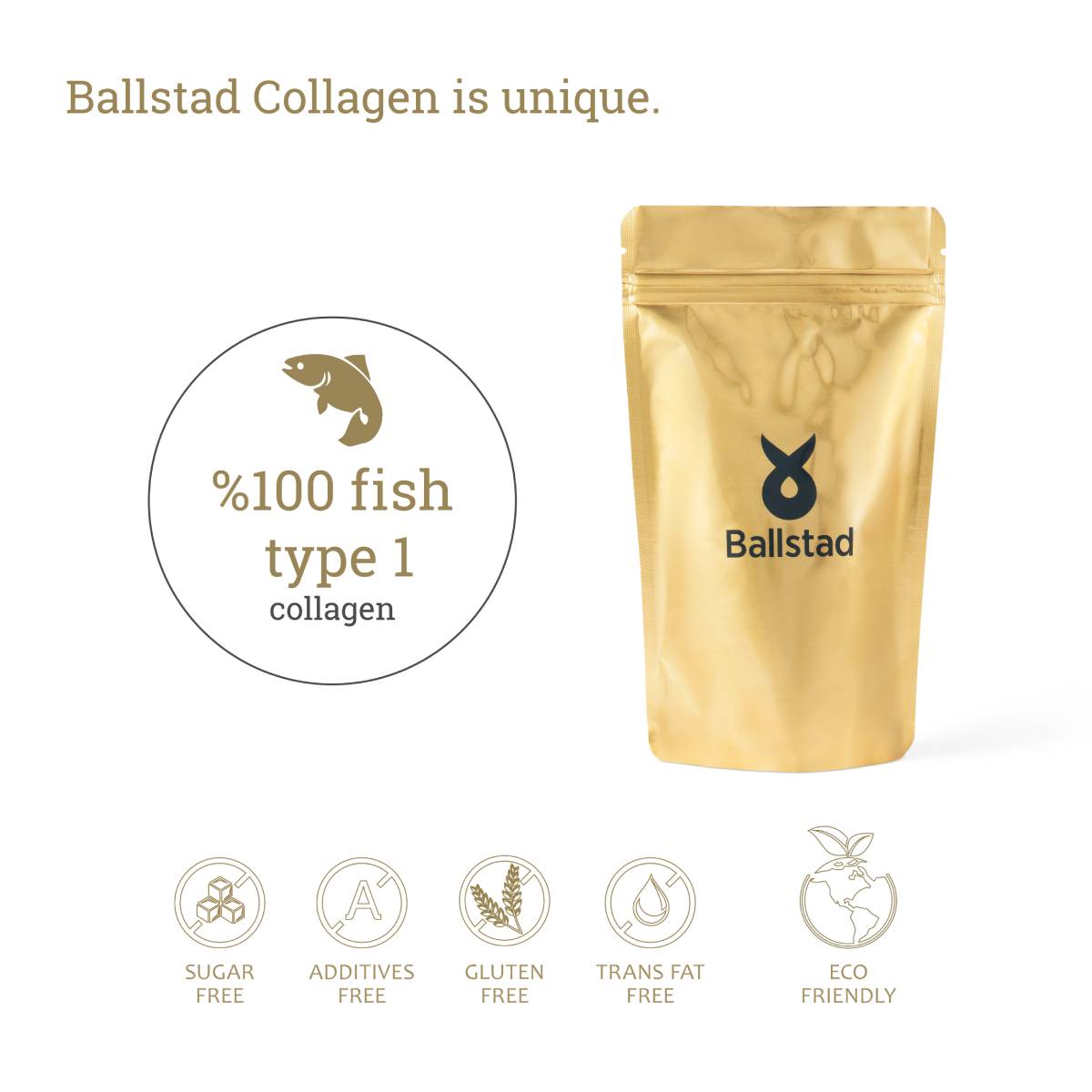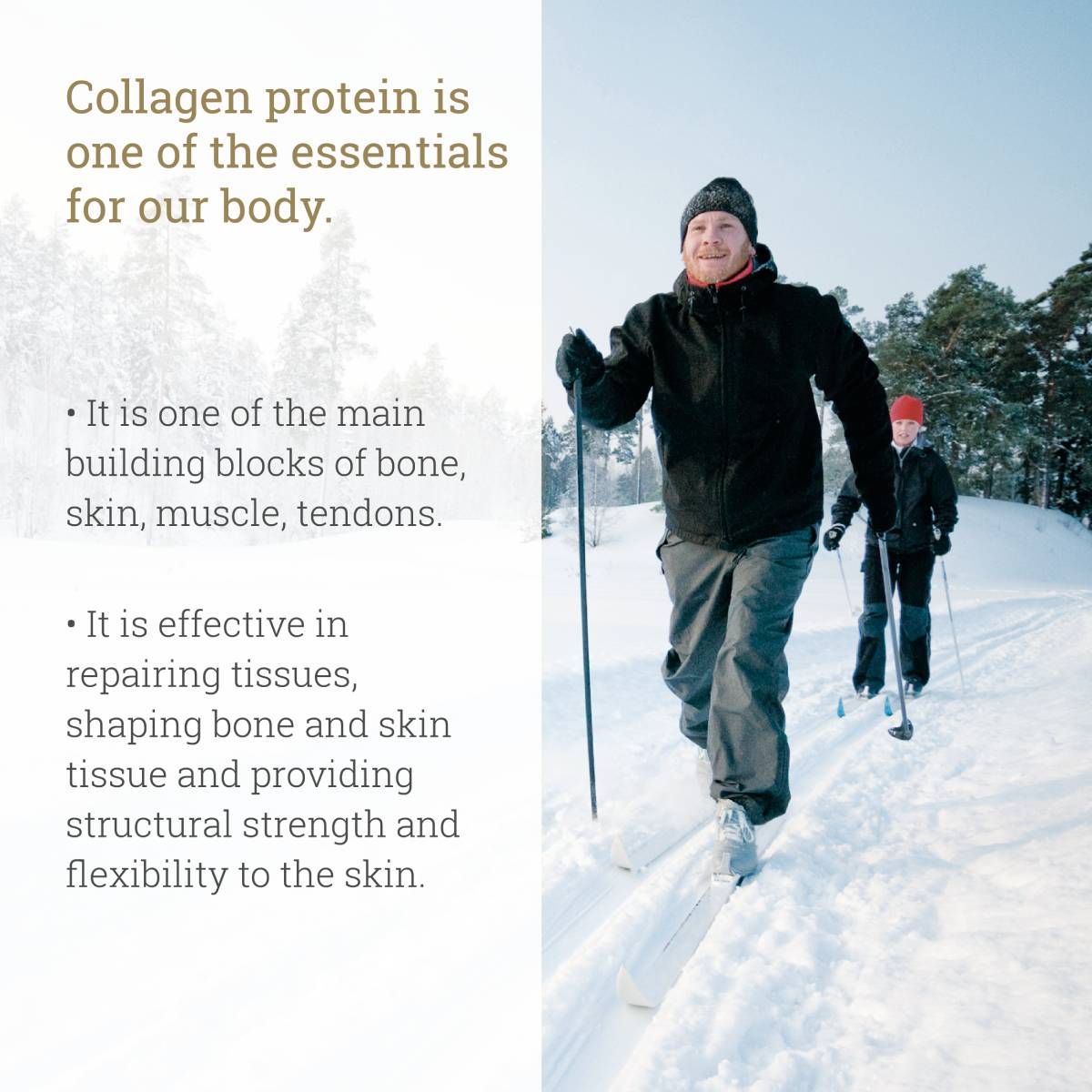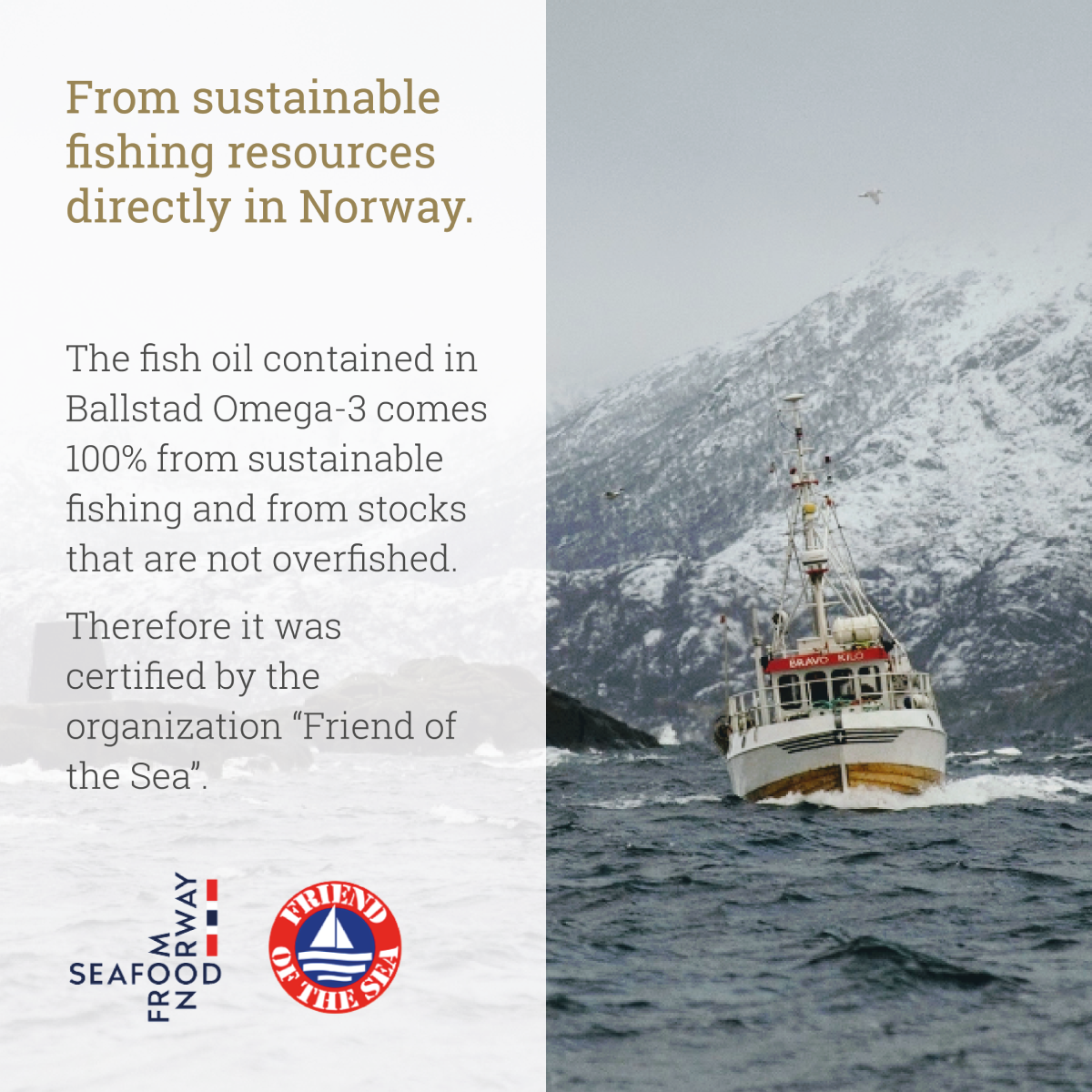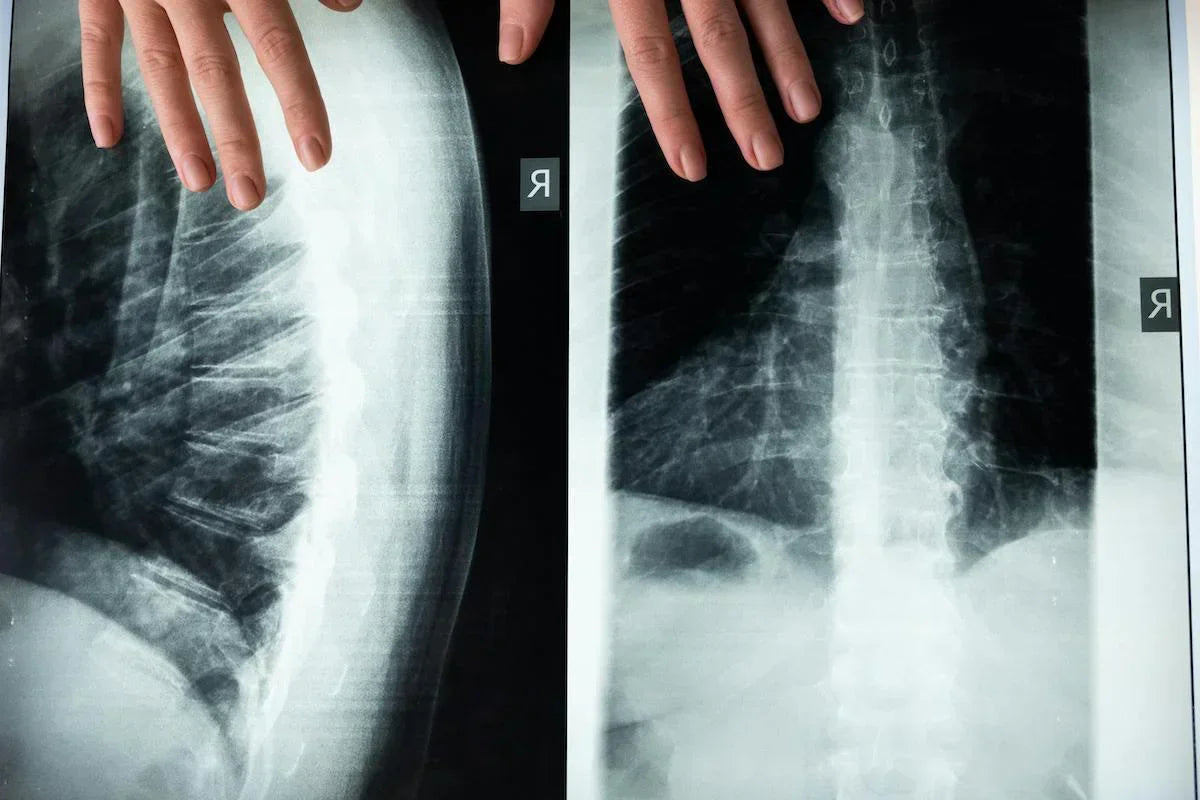When people talk about collagen, they usually think of supplements or beauty products. But here’s something fascinating: your body is already creating collagen every single day through a natural process called collagen synthesis.
Understanding how this process works—and what can slow it down—can help you make smarter choices to support your skin, joints, and bones for the long run.
What Is Collagen Synthesis?
Collagen synthesis is your body’s in-house construction system for producing collagen proteins. Specialized cells—fibroblasts in skin and connective tissues, and osteoblasts in bones—take amino acids from your diet and carefully assemble them into rope-like collagen fibers.
These fibers act like scaffolding, giving your skin firmness, your bones density, and your joints flexibility. Without steady collagen production, the body quickly loses resilience.
The Key Building Blocks of Collagen
Amino Acids: The Foundation
Collagen is made mostly from three amino acids—glycine, proline, and hydroxyproline. Together, they form collagen’s unique triple-helix structure, which gives it strength and durability.
Vitamin C: The Essential Catalyst
Collagen can’t form without vitamin C. This nutrient activates enzymes that stabilize collagen fibers. Without enough vitamin C, collagen becomes weak and fragile, leading to slower healing, fragile skin, and gum problems.
Cross-Linking: The Strengthening Step
Once fibers are built, your body reinforces them through a process called cross-linking. This creates the strong, flexible framework that supports skin elasticity, joint mobility, and bone integrity.
What Slows Down Collagen Production?
Although your body is designed to make collagen, several factors reduce synthesis over time:
-
Natural aging (collagen begins declining in your mid-20s)
-
Diets lacking in protein or vitamin C
-
Excessive sun exposure
-
Smoking or high alcohol intake
-
Chronic stress and poor sleep habits
How to Support Healthy Collagen Synthesis
Eat Collagen-Friendly Foods
Nourish your body with vitamin C-rich fruits (citrus, kiwi, berries, bell peppers) plus protein sources such as eggs, fish, and lean meats. Minerals like zinc and copper also help stabilize collagen formation.
Supplement with Marine Collagen
Even with a healthy diet, collagen production naturally declines as you age. Adding a high-quality marine collagen supplement can provide extra support. Ballstad Salmon Collagen is rich in Type I collagen—the most important type for skin elasticity, bone strength, and connective tissue repair. Plus, its small peptide size makes it easy to absorb.
Supportive Lifestyle Habits
Protect your skin from UV damage, drink plenty of water, and find ways to manage stress. These small habits amplify your body’s ability to maintain strong collagen levels.
Why Collagen Synthesis Matters
Collagen synthesis is the hidden process that keeps your body strong and youthful—from smooth skin to flexible joints to resilient bones. By giving your body the nutrients and tools it needs, you’re fueling this natural “collagen factory” every single day.
Adding bioavailable fish collagen peptides, like Ballstad Salmon Collagen, to your daily wellness routine can help your body keep producing collagen effectively—showing up in the way you move, feel, and look.


